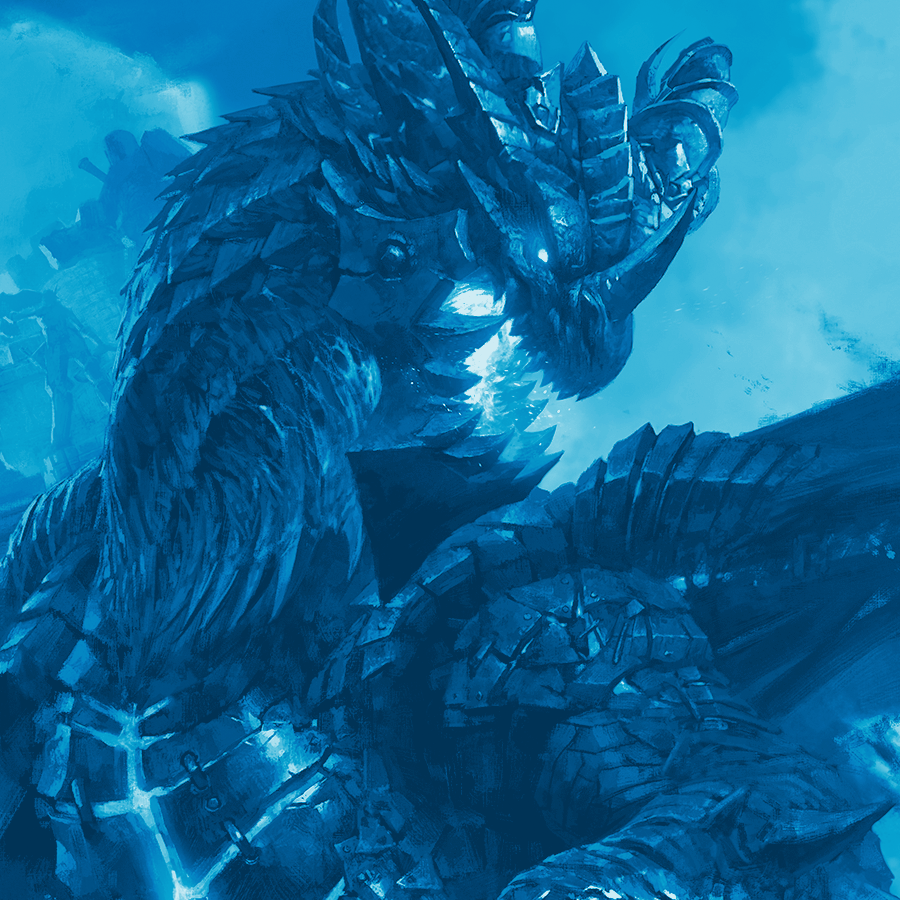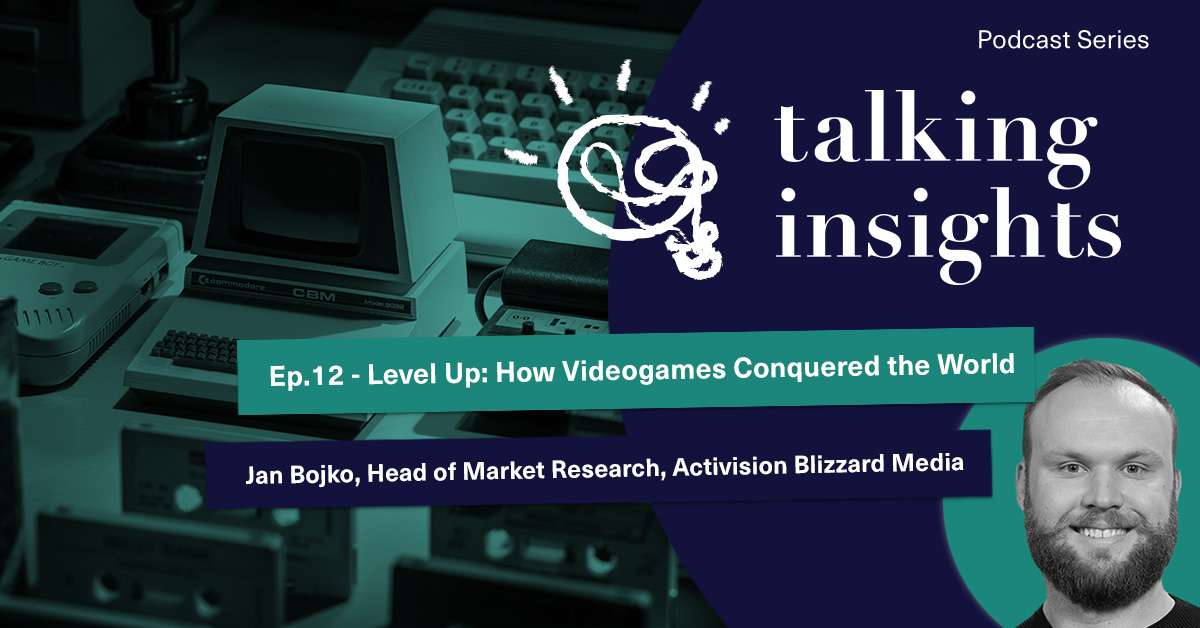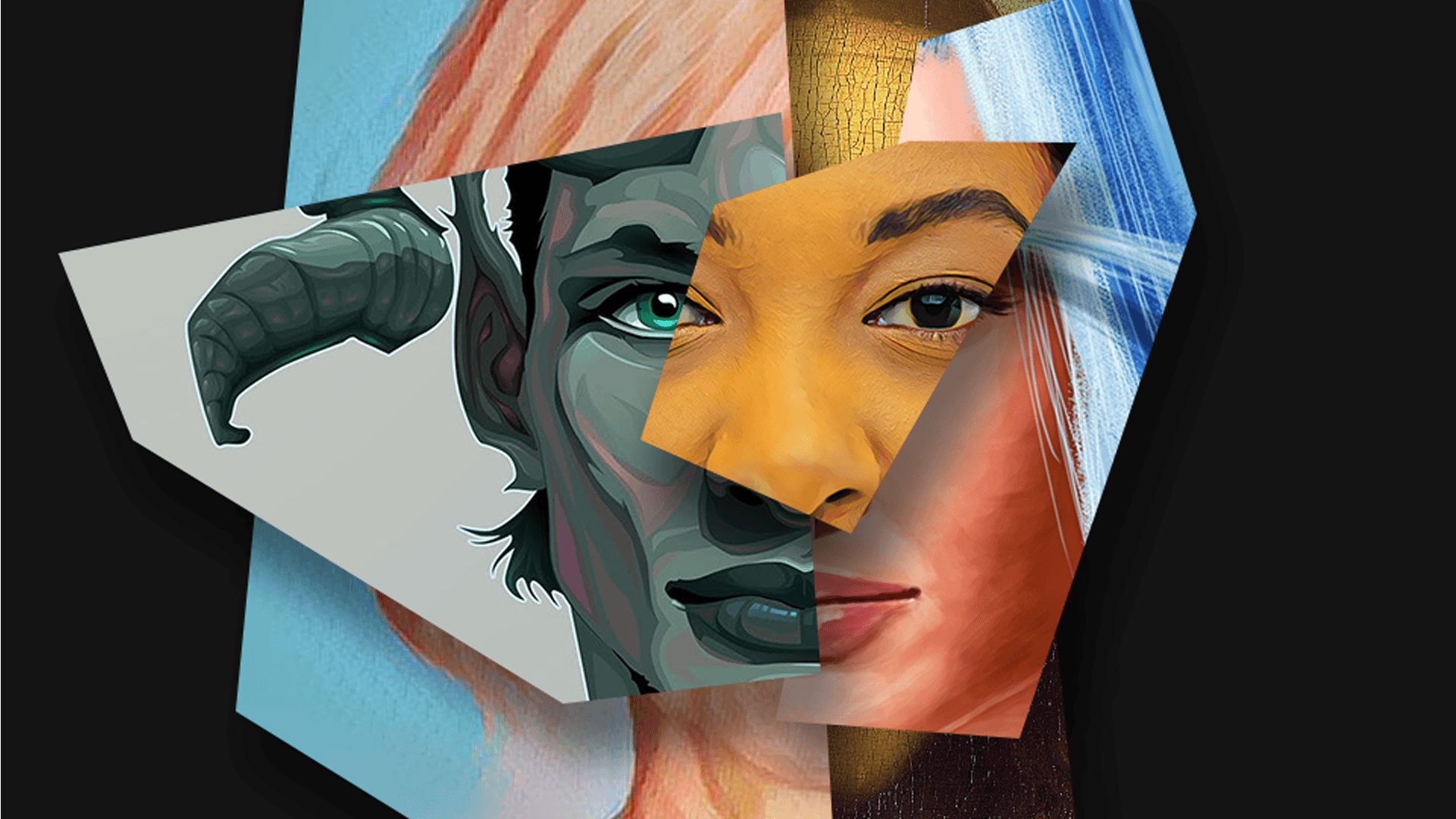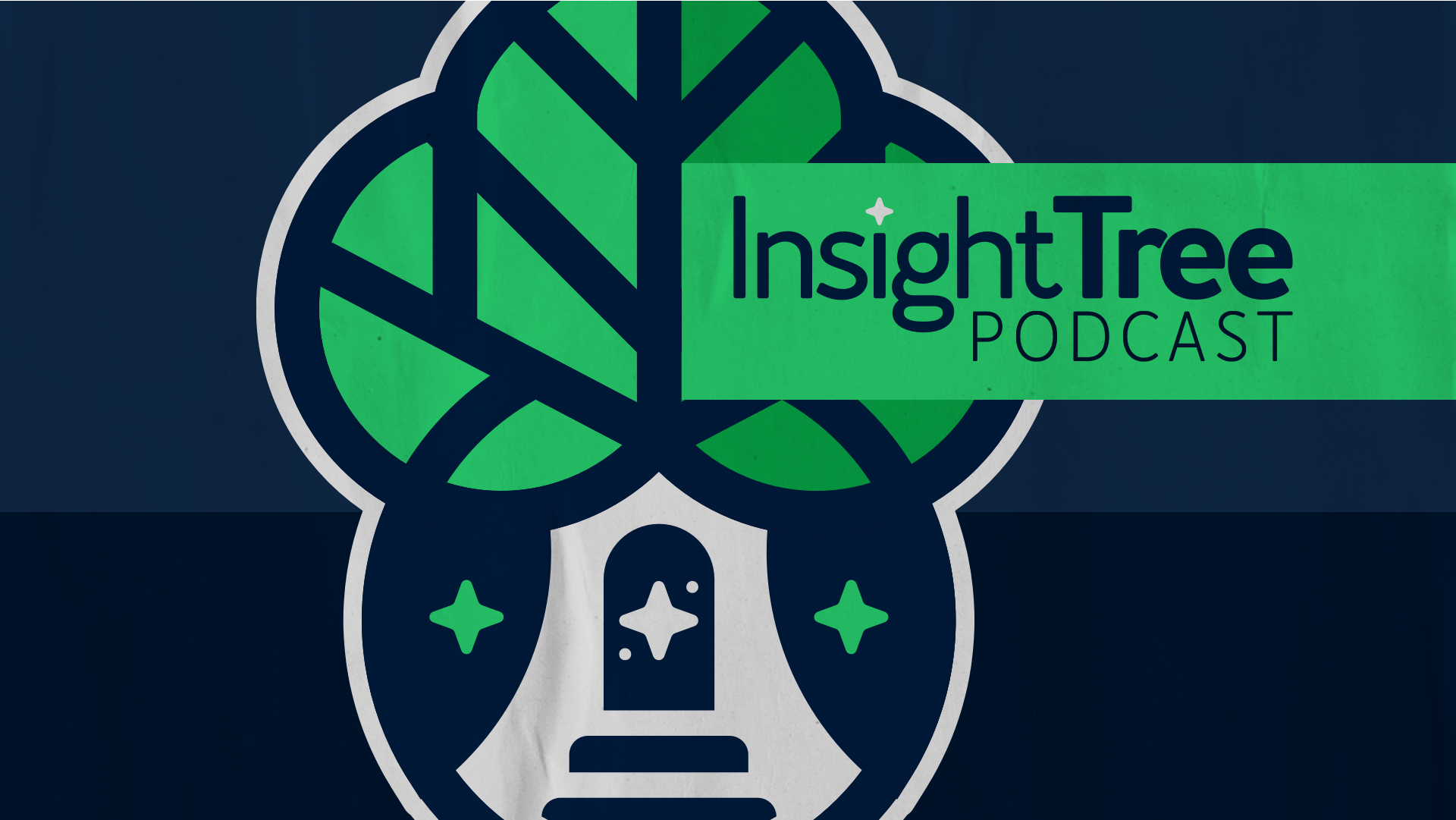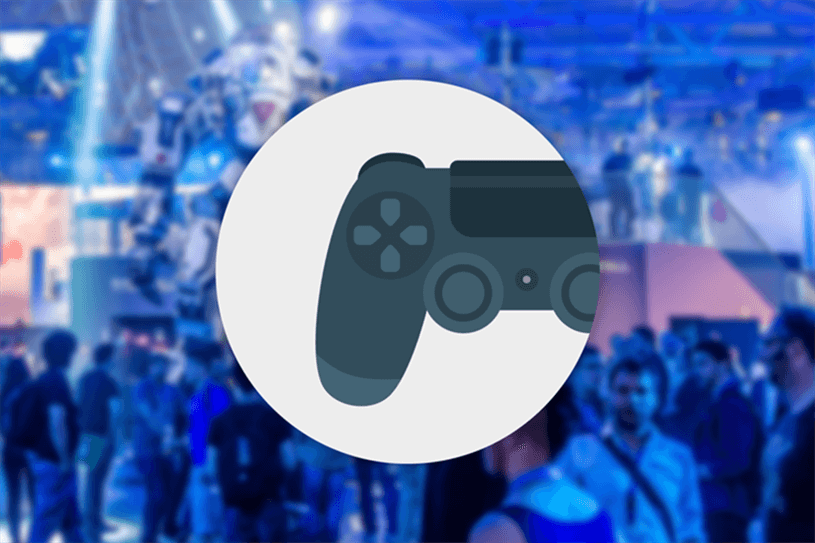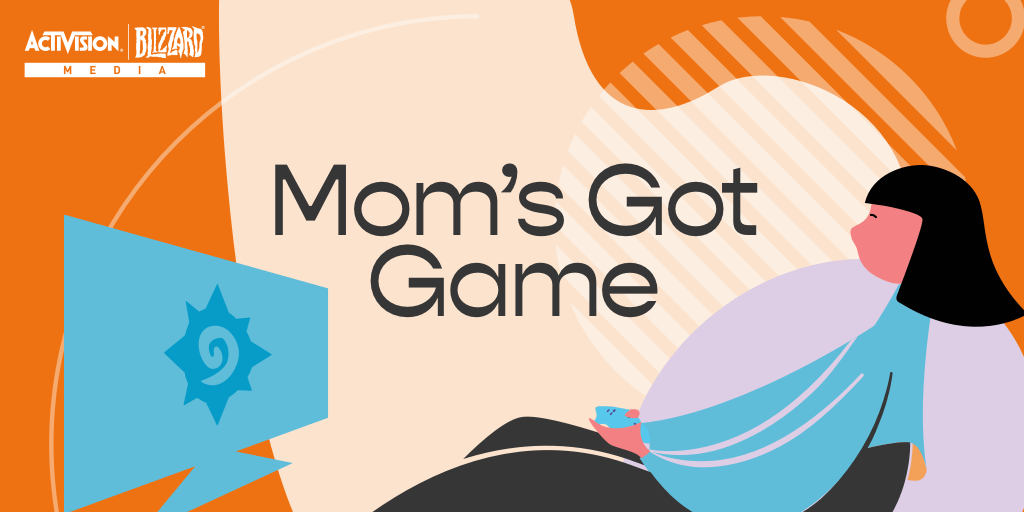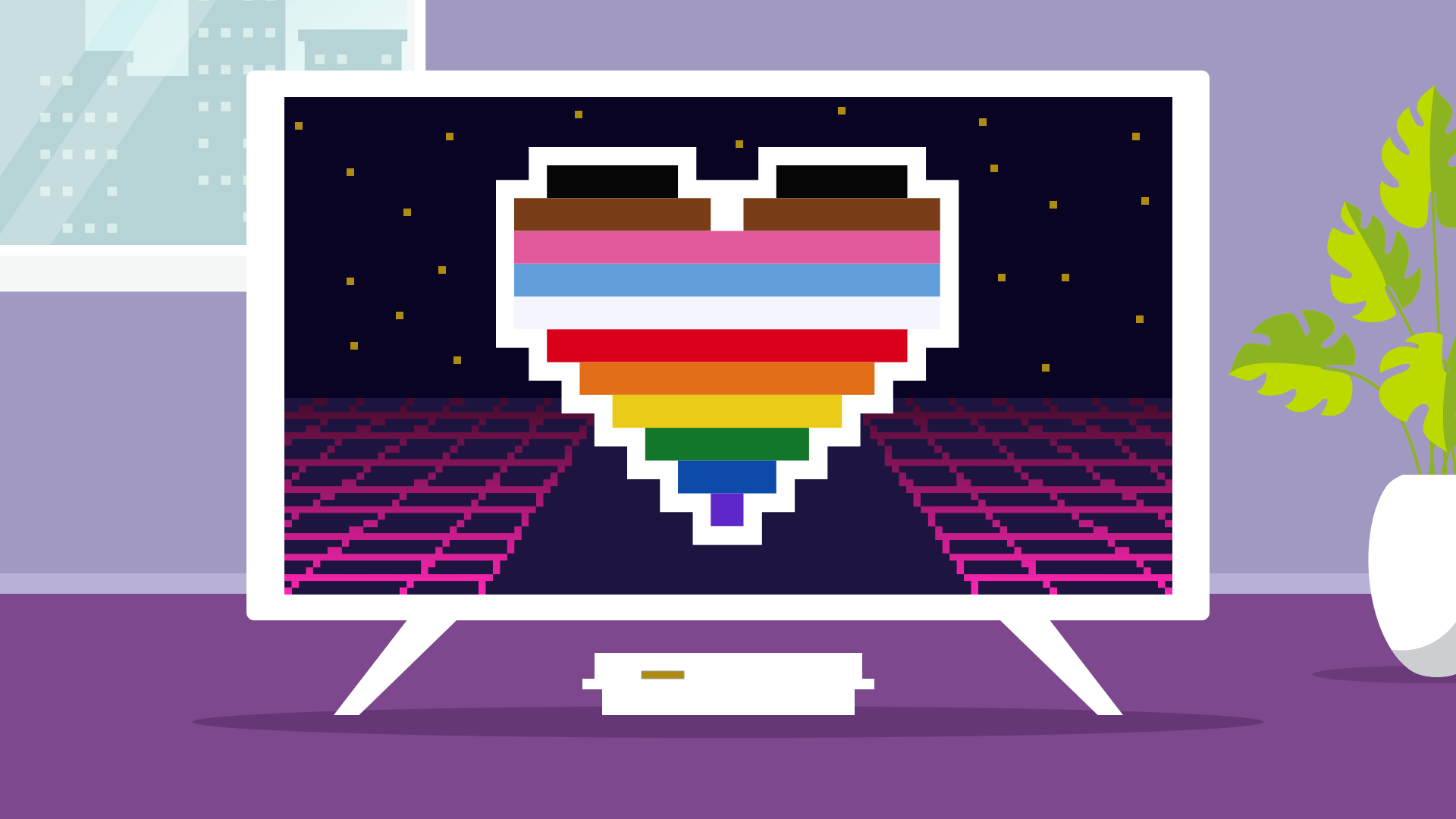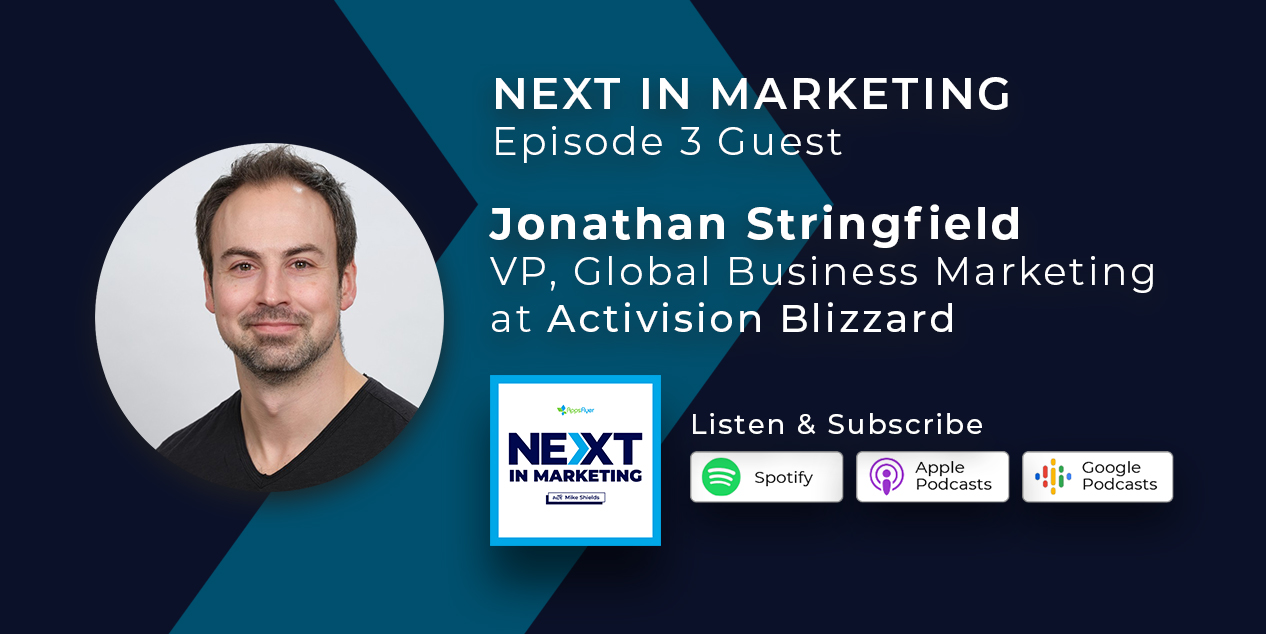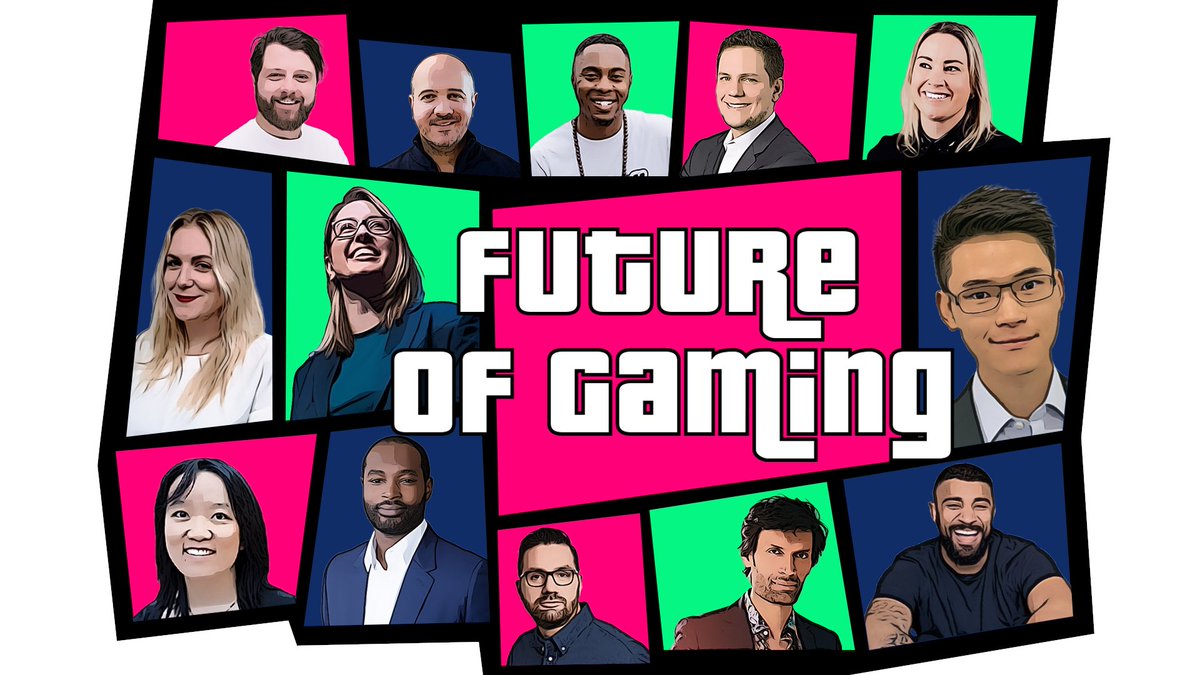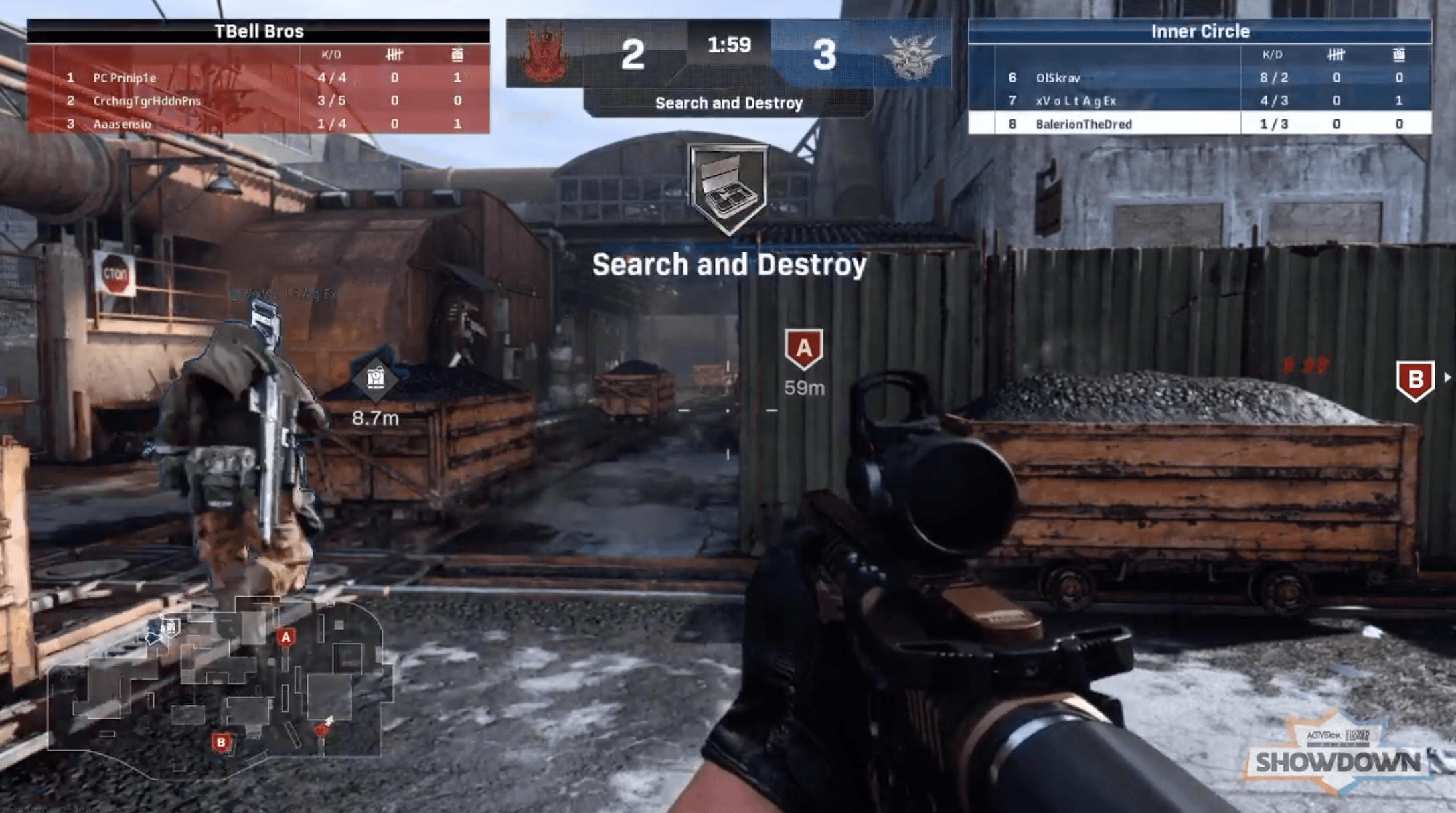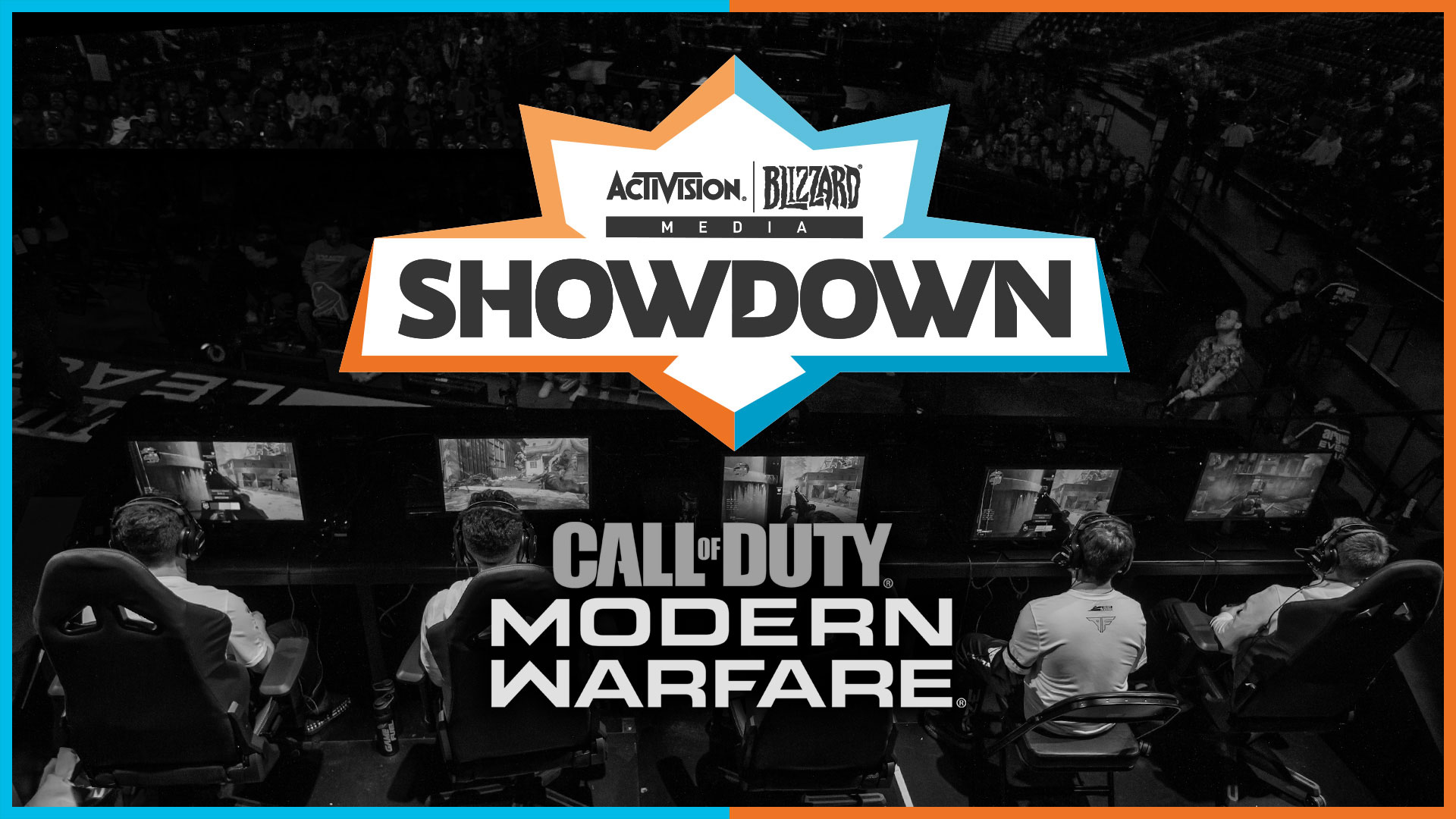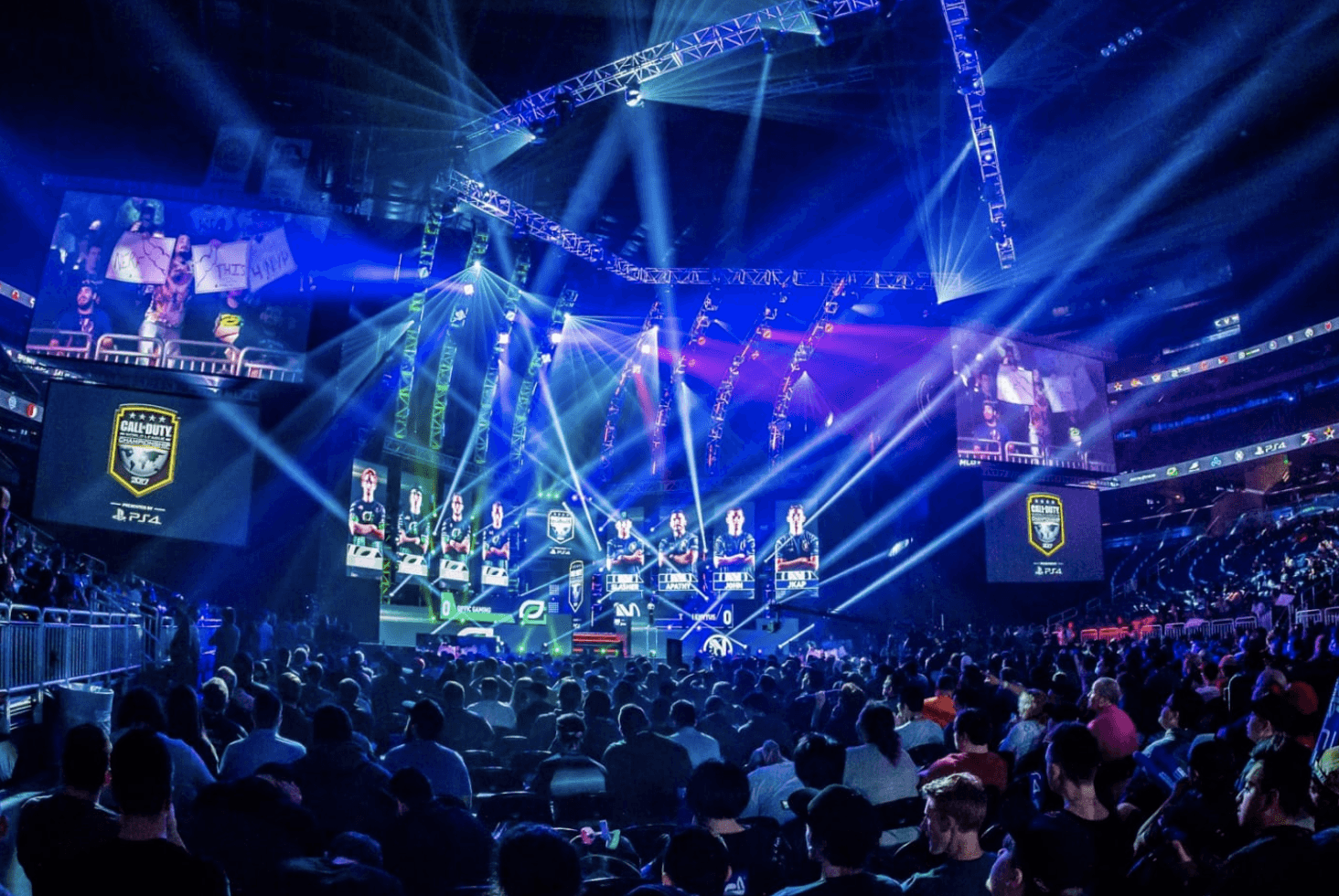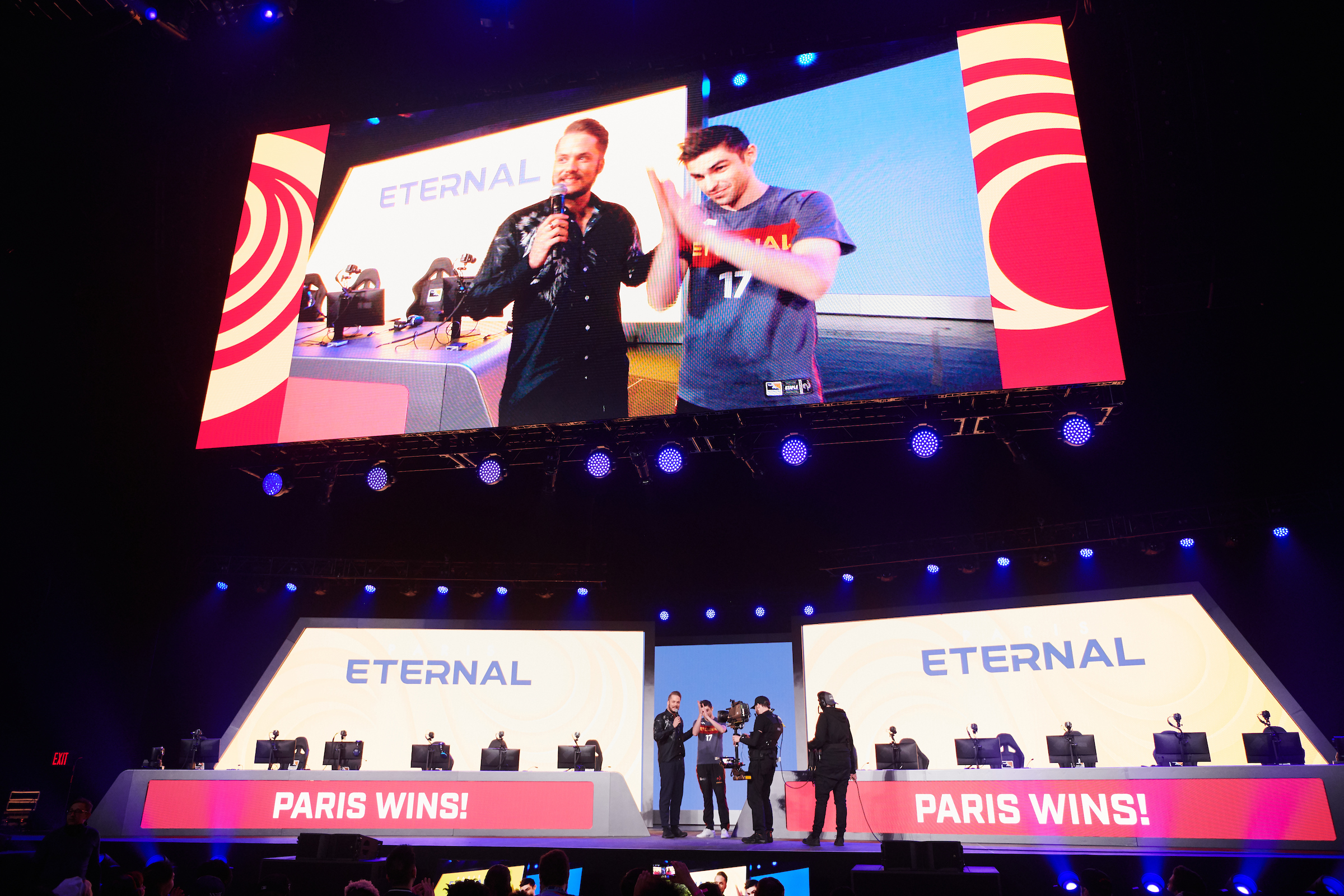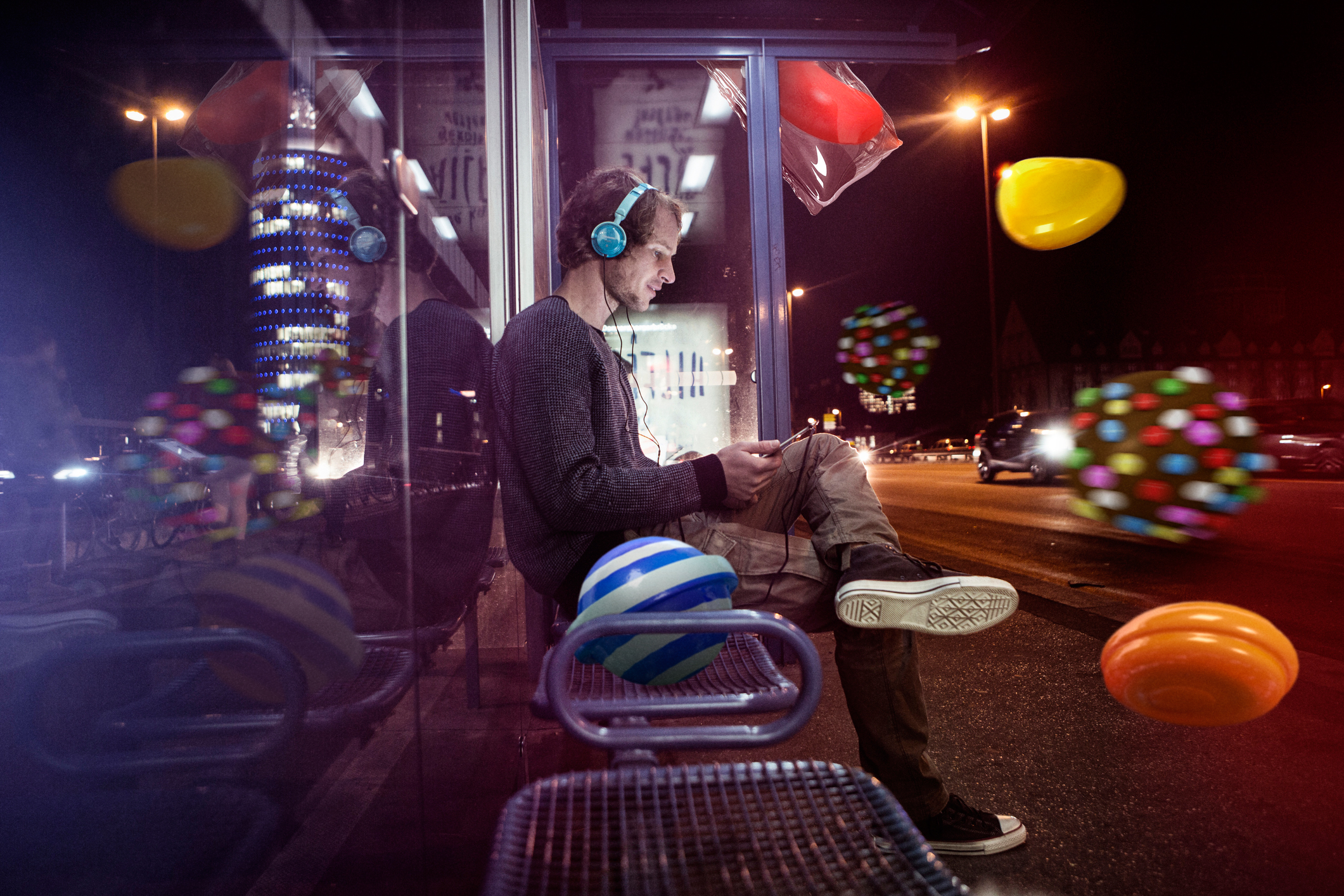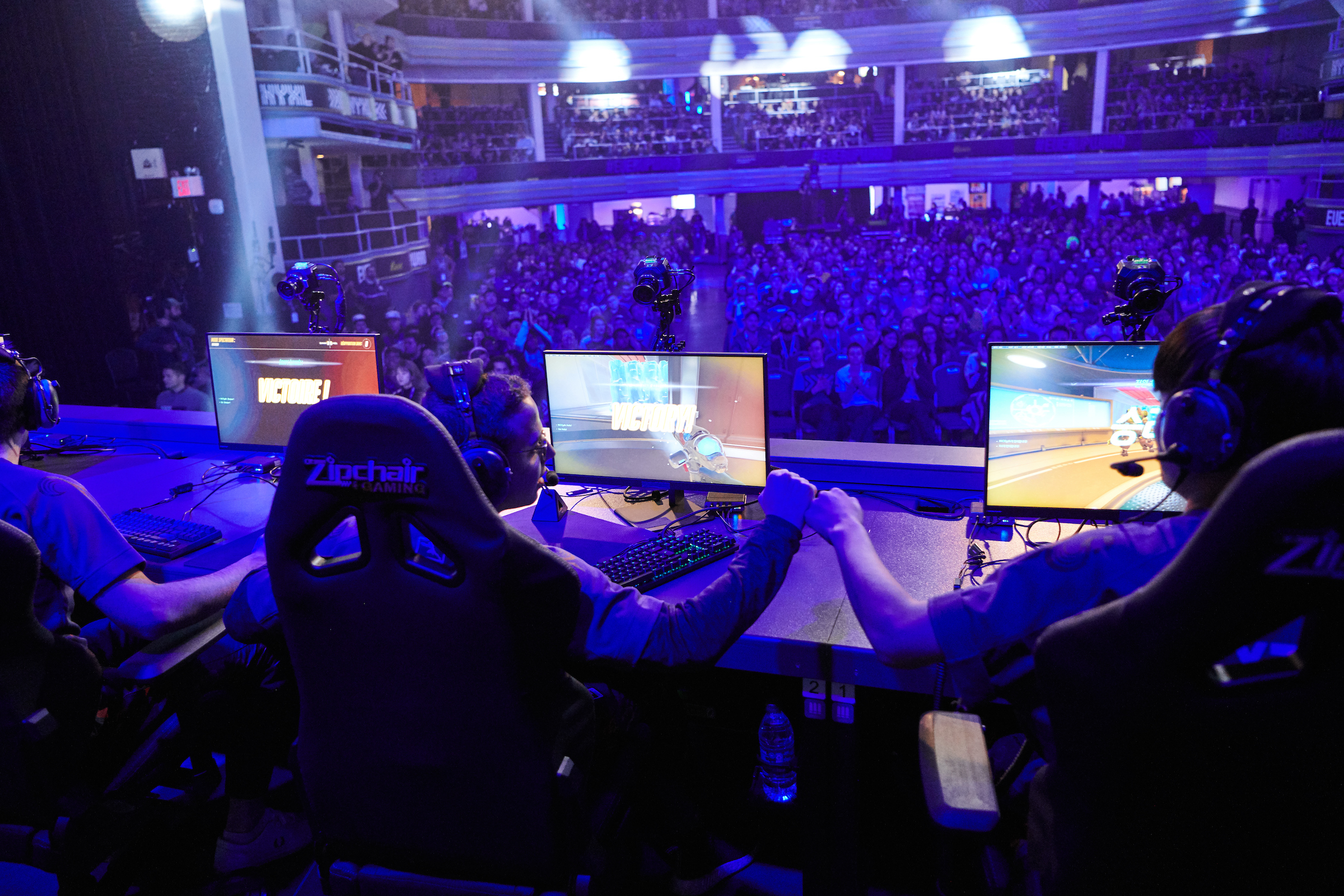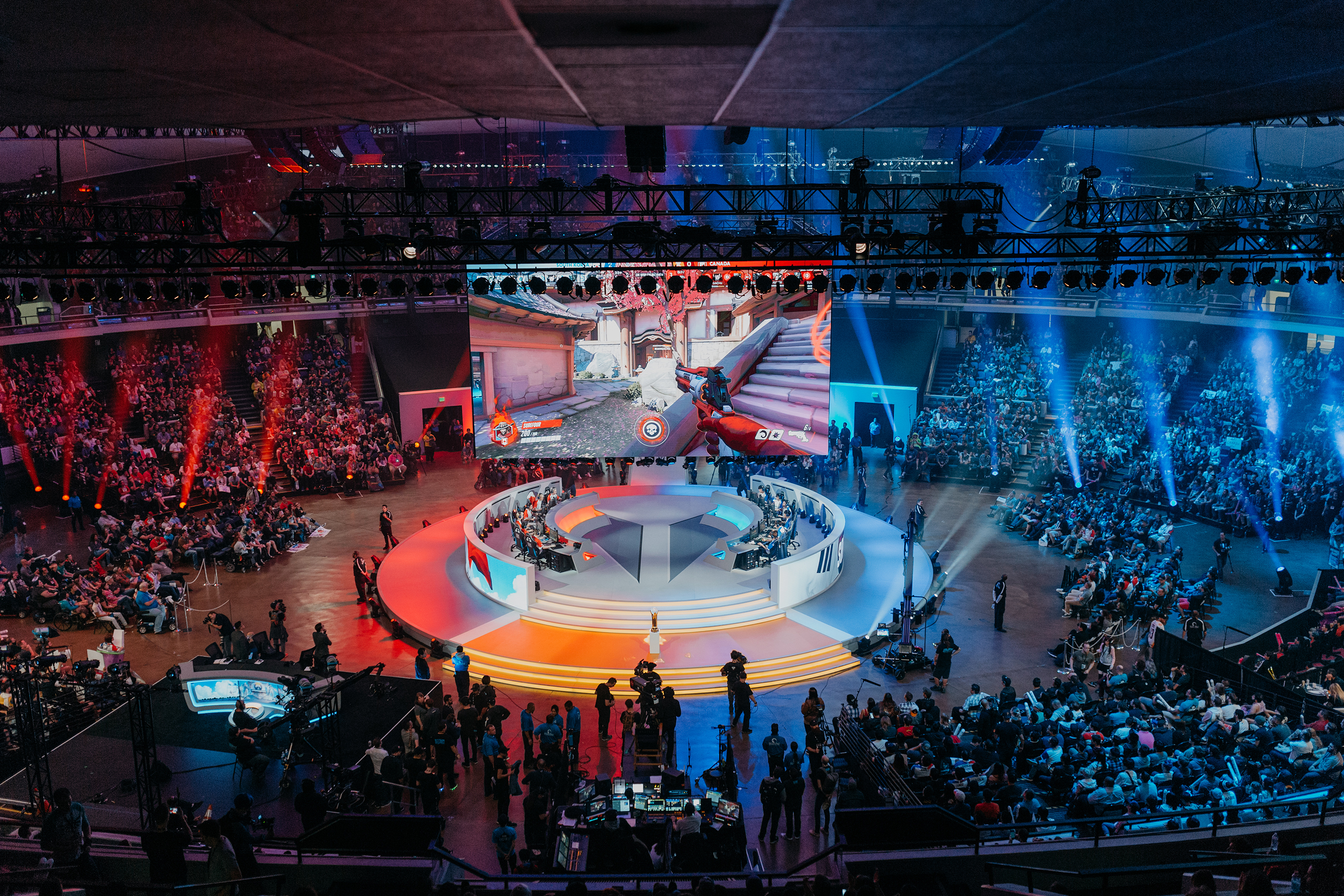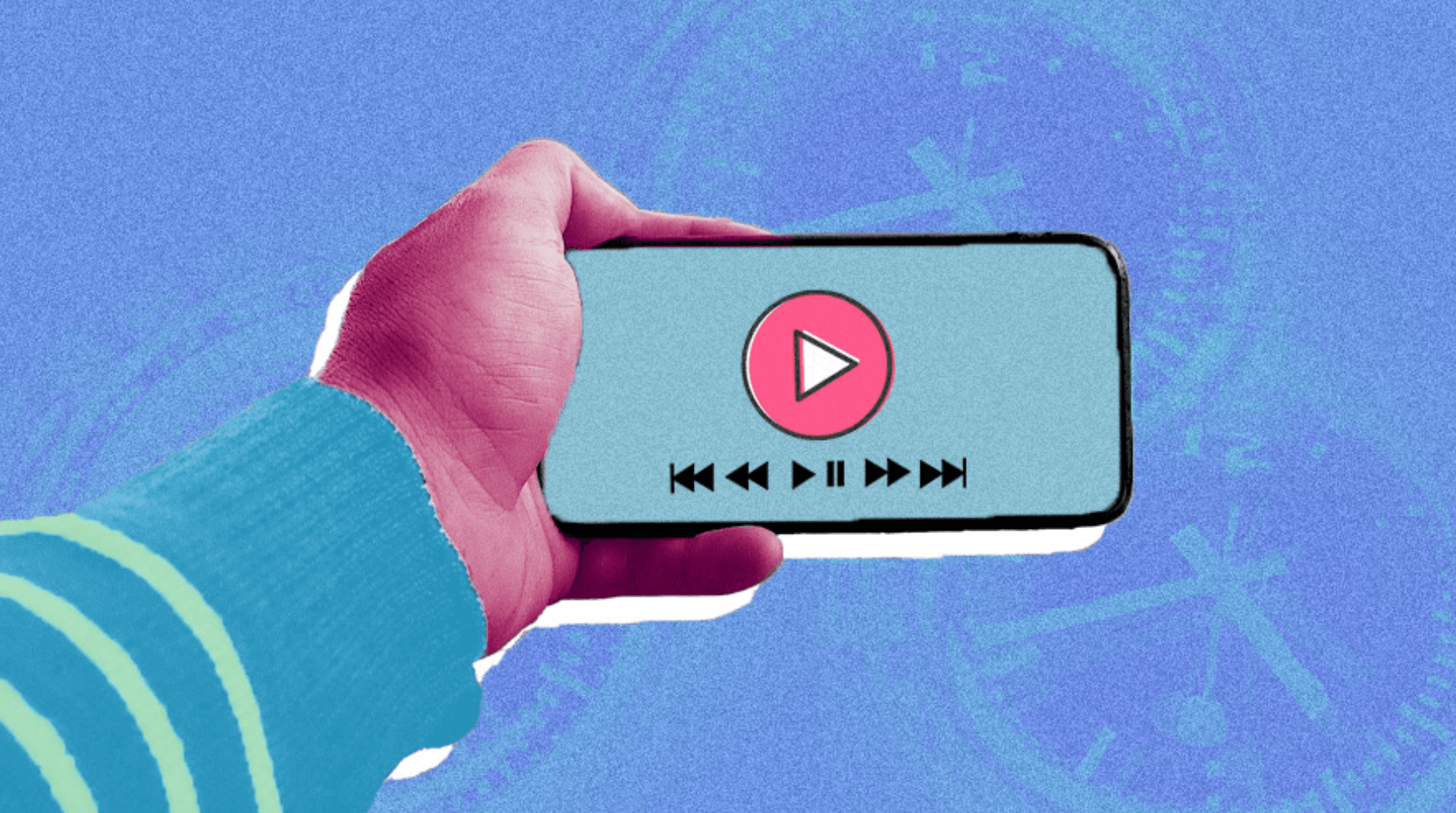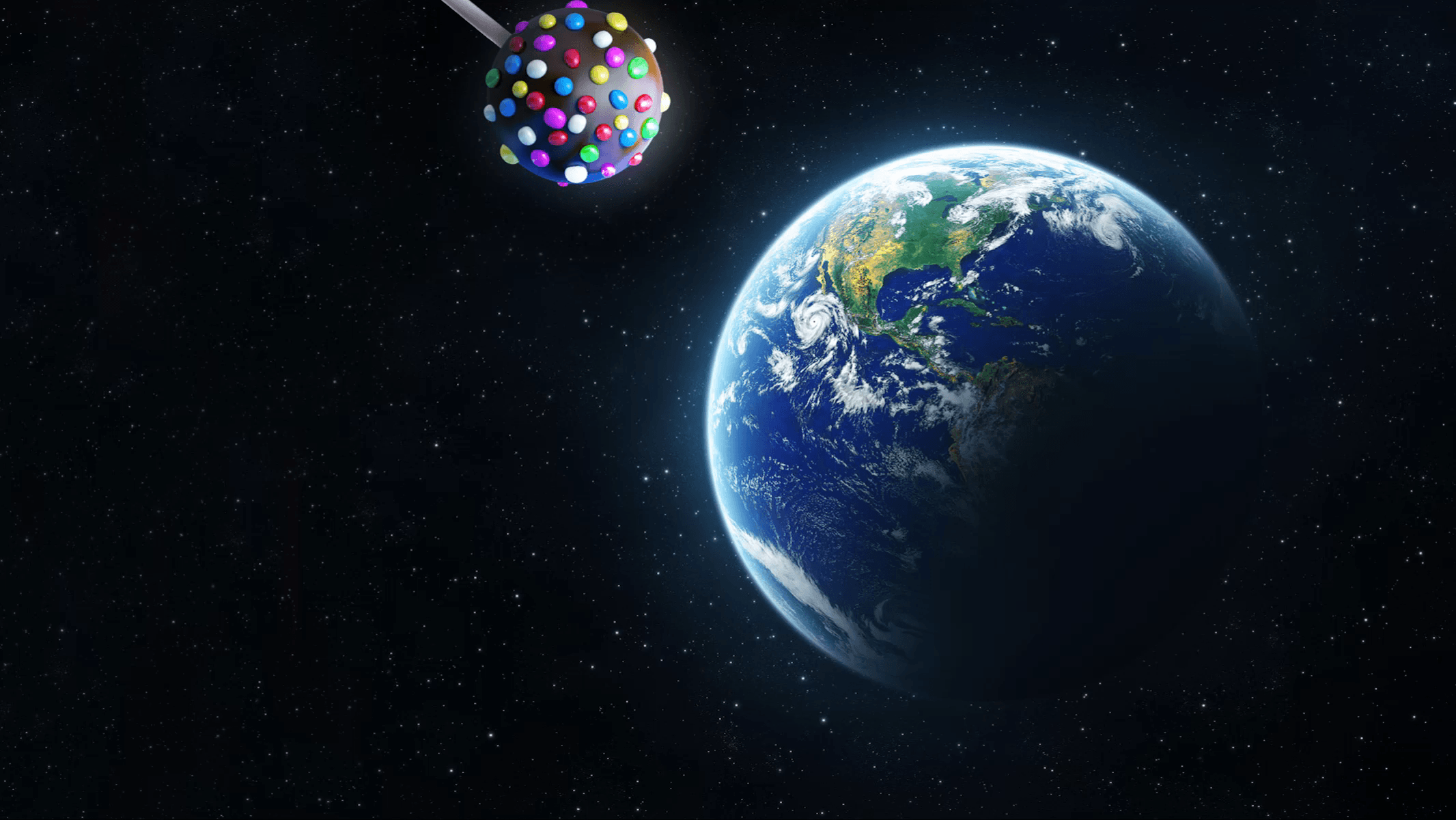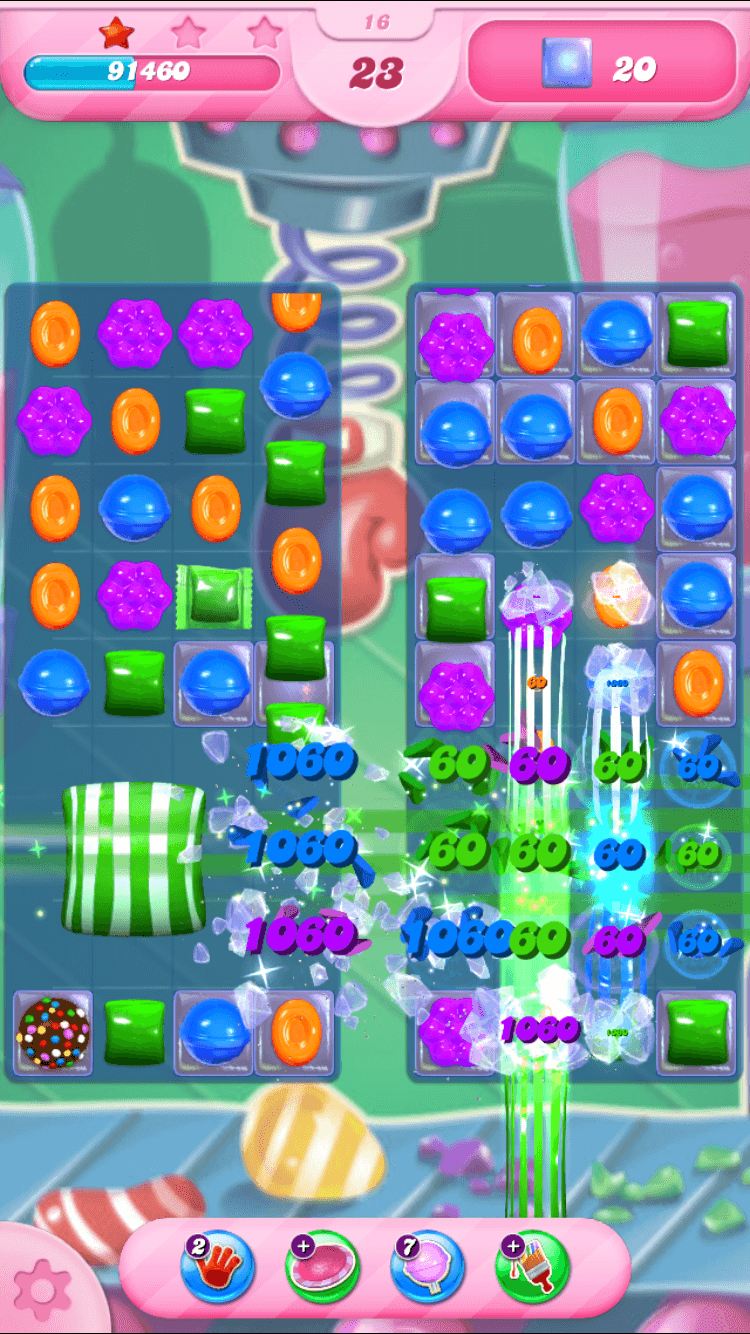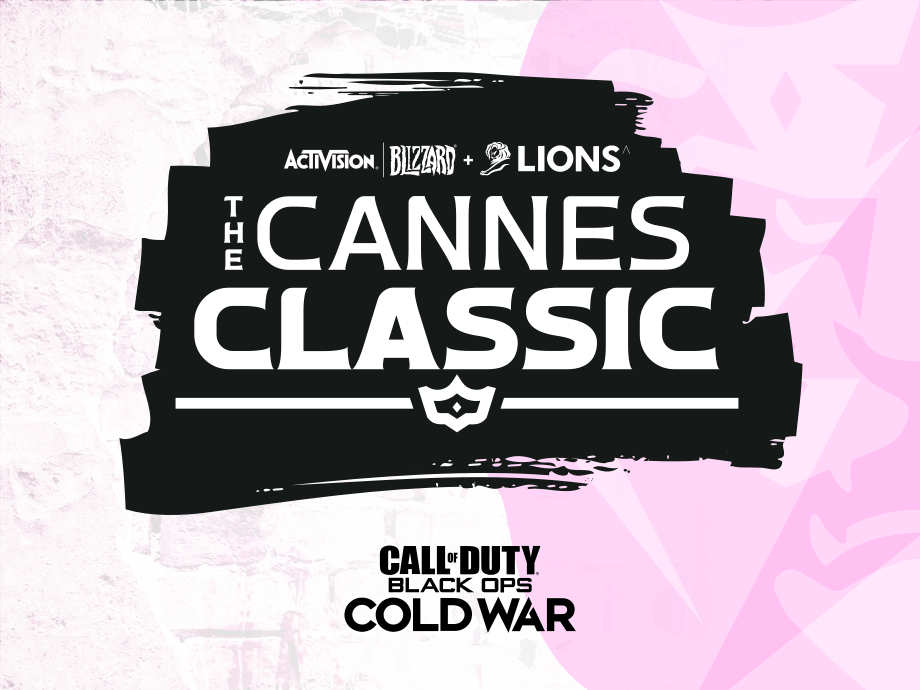With Us
Advertise
With Us
Let's Start By Getting Connected
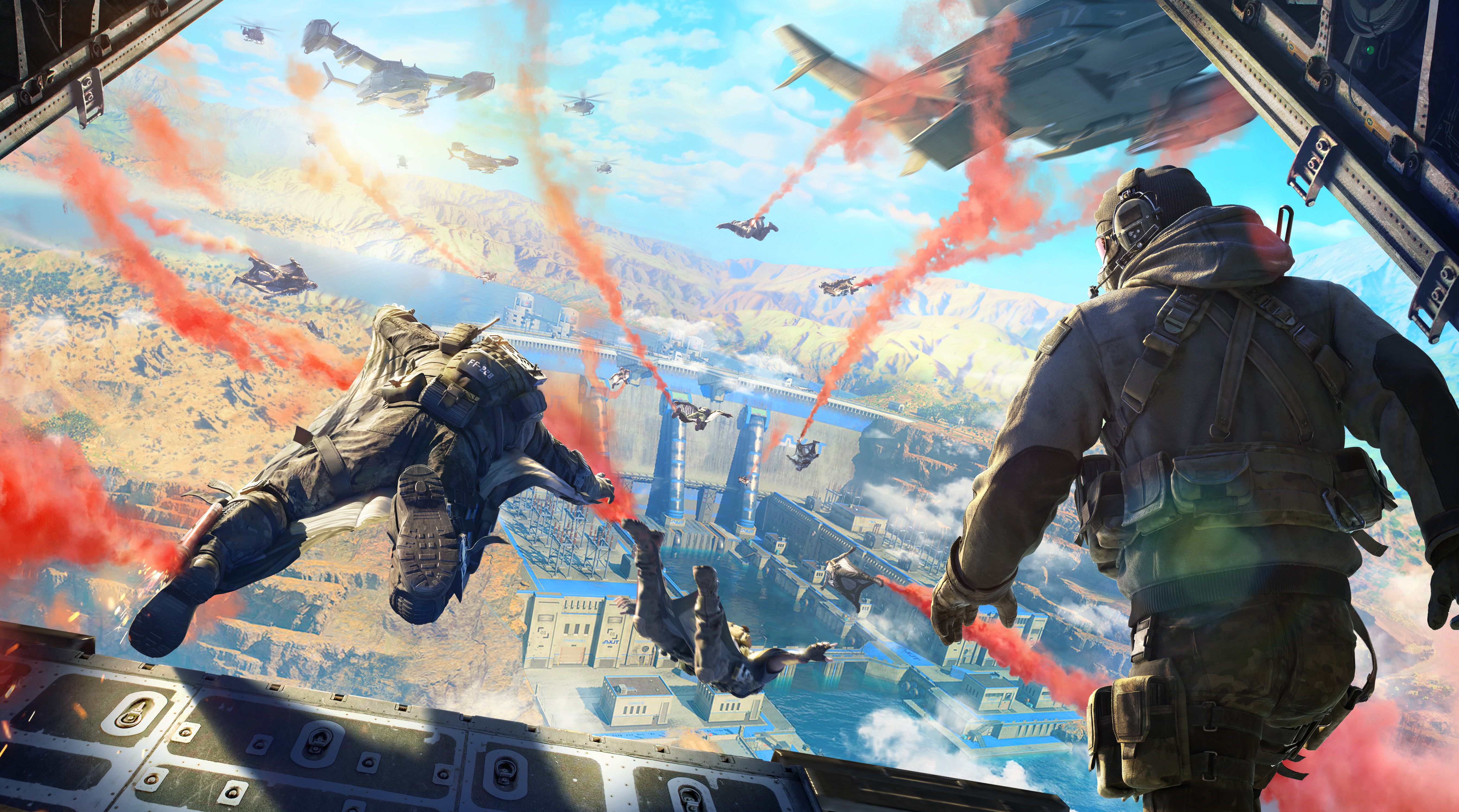
Blogs & Events
Game Theory
Game Theory is the ultimate in-game guide for brands. Uncover premium insights, explore diverse gaming cultures, and master in-game opportunities.
Articles
The Future is in Play: Gaming as Advertising's Most Powerful Ecosystem in 2026
Heading into 2026, the advertising industry sits at a crossroads. Audience behavior has rewritten the rules of engagement and gaming is at the center of it all. The shift is not theoretical. It is measurable, predictable, and already altering how brands earn attention and loyalty.
4As Gaming Day 2025 Event Recap
4As Gaming Day returned for its third year to New York City with a sharpened focus: helping marketers communicate gaming’s value internally and integrate it more strategically into planning.
Where Culture Plays: How Gaming Audiences Drive Brand Growth
Gaming has become a cornerstone of global culture, reaching 3.6 billion players worldwide and generating over $188 billion annually. But beyond its sheer scale, gaming offers something other media channels cannot: immersive, emotionally resonant environments where players are deeply engaged.
Advertising Week New York and IAB UK Media Upfronts 2025 Recap
At Advertising Week New York and the IAB UK Media Upfronts, Activision Blizzard Media reinforced a powerful truth for marketers: gaming has become one of the most culturally and commercially impactful environments in advertising today.
Snapshot: Key Insights on Gaming’s Halo Effect for Brands
For members of the passionate and attentive gaming audience, advertising in gaming continues to demonstrate a powerful halo effect for brands.
Enjoyment at the Core: Gaming Is the Multiscreen Experience Audiences Choose
Audiences today don’t just consume one type of media at a time. They layer it. From watching TV with a phone in hand to toggling between apps on a laptop, multitasking is standard behavior for many consumers.
Engaging the Full Spectrum of Today’s Players
For years, advertisers have built gaming strategies around a narrowly defined “gamer”—typically young, male, and console-focused. But that stereotype no longer reflects reality.
Connected Brand Experiences in Gaming: Activision Blizzard Media x Assembly
What was once seen as a novelty or innovation play has now become a mainstay in omnichannel strategies.
Where Loyalty Lives: Connecting with Players Through Their Favorite Games
As gaming becomes a critical pillar in the media mix, brands looking to deepen audience engagement should lean on the power of existing fandom.
Snapshot: Three Actionable Strategies for Brands to Reach Gaming Audiences Across Platforms
Gaming is one of the most influential entertainment ecosystems globally, with 3.4 billion players worldwide and 86% of the U.S. population engaging with games.
Meeting Players Where They Are: How Brands Can Align With Daily Gaming Behaviors
Gaming is an important part of how people live. From a quick puzzle session in the morning to a co-op mission with friends at night, gaming adapts to a player’s mindset, mood, and available time.
Not All Players, Not All Platforms: The Importance of Strategic Alignment in Gaming
With 3.4 billion players worldwide and 86% of the U.S. population gaming, the scale that gaming offers is undeniably compelling.
IAB PlayFronts and Advertising Week Europe 2025 Recap
At IAB PlayFronts and Advertising Week Europe 2025, Activision Blizzard Media took the stage to deliver a clear message to advertisers: gaming is no longer confined to one device or one kind of player.
The Cross-Platform Advantage of Reaching Players Everywhere
Gaming is one of the most engaging entertainment environments, spanning mobile, console, and PC, and with billions of players engaging daily, brands have an opportunity to meet audiences right where they play.
The State of Gaming in 2025: Trends Advertisers Need to Know
As we dive into 2025, the gaming landscape continues to evolve at a breakneck pace, reshaping how audiences engage with media and, in turn, how marketers approach their strategies. At global industry events, gaming is proving to be a central focus for many conversations about the future of media consumption.
From 'Why Gaming' to 'How Gaming': Evolving Narratives at CES 2025
CES has long served as the advertising industry’s unofficial kickoff to the year, and as such it is ripe with trends, predictions and new ideas as we think about the year ahead. This year however, the conversation around gaming was different.
Snapshot: 8 Ways Gaming Captures Attention in a Fragmented Media World
Gaming stands out as a powerful solution for brands at a time when capturing and holding consumer attention gets harder every day.
Best Practices for Playable Ads: Capturing Attention and Elevating Brand Engagement in Gaming
In-game advertising has come a long way from basic banners and billboards. Today, as the gaming industry advances, Playable ads have emerged as a powerful format for brands looking to engage audiences meaningfully within the gaming ecosystem. Interactive ads, like Playables, not only capture attention but allow players to experience brands dynamically, transforming passive viewing into an active experience that drives higher engagement and recall.
Redefining 'Gamer': What Today’s Diverse Audience Means for Brands
Gaming today is very far from a “niche” hobby. With billions of players globally engaging with gaming on a regular basis, widespread adoption of gaming has expanded the definition of a "gamer" far beyond the stereotypical image many still hold.
From Play to Purchase: Harnessing Gaming’s Power for Deeper Brand Connections
Brands face an uphill battle to stand out in today's crowded entertainment landscape. Gaming's immersive environment provides a solution.
Advertising Week New York 2024 Recap
Advertising Week New York 2024 honed in on the critical role of attention in modern media, with gaming emerging as a central platform for capturing and sustaining it.
Holiday Shopping: How Gamers Are Shaping the Season
As the 2024 holiday season approaches, brands and advertisers are preparing for one of the busiest shopping upswings following last year’s record-setting $964.4 billion in US sales and £92.7 billion in UK sales.
Understanding Today’s Popular In-Game Advertising Formats
Advertising formats and strategies are always adapting, driven to change by shifting media habits, channel trends, and measurement needs. Simultaneously, it’s become more important than ever for brands to understand the nuances of their target markets as they seek to reach them among increasingly fragmented audiences.
Gaming Demystified: 10 Myths Dispelled
The diverse and expansive realm of gaming is a rich environment where advertisers can reach a highly-engaged, attentive audience.
Snapshot: 5 Facts About Gamers and Non-Gamers
Gamers represent a vibrant and influential audience with distinct characteristics that set them apart from non-gamers.
Back-to-School Advertising Opportunities With King Players
In 2024, US parents, guardians, and children of grades K-12 plan to spend an estimated $31.3B on back-to-school supplies. In addition, back-to-college households are planning to spend $1,365 on average.
The Gamer Advantage: Comparing the Unique Media Habits of Gamers and Non-Gamers for Strategic Advertising
The media habits of gamers and non-gamers differ significantly, with gamers proving to be high-quality media consumers and high-value audiences.
Cannes Lions 2024: Gaming Came to Play
There are 3.4 billion gamers globally, but that only tells half the story of gaming’s scale and influence, according to Jonathan Stringfield, VP Global Business Research & Marketing, Activision Blizzard Media, who spoke about the gaming opportunity in his session Get In The Game at Microsoft Beach.
Snapshot: Key Insights About Today's Diverse Players
The gaming landscape is a diverse and dynamic space where millions of players find connection and engagement.
Advertising Week Europe and Media360 2024 Recap
Advertising and gaming took center stage at two key industry events in May: Advertising Week Europe and Media360. At both events, Activision Blizzard Media shared its latest insights about the gaming audience from our newest report, “The Many Ways We Play: A New View of Game Players.”
A New Approach to Measuring Attention in Mobile Game Advertising
As an entertainment medium that excels in captivating attention, gaming is a natural ally for advertisers thanks to its interactivity and immersion. With over 3.4 billion gamers worldwide and a projected market worth of $321 billion by 2026, gaming presents a vast opportunity for brands seeking innovative ways to engage with a vast and diverse audience.
Mobile Gaming: The Common Denominator Among All Game Players
In the increasingly diverse world of gaming, reaching unique, valuable audience segments offers a significant opportunity for brands and advertisers.
Why Marketers Should Embrace Gaming as the Premium Environment It Is
In just a few short decades, gaming has transformed from a niche hobby into a global multi-billion dollar industry that draws in billions of daily users, with in-game advertising enjoying high attention rates and diverse audiences.
Understanding the Future of Brands' Place in Games
The relationship that video games share with brands and advertising is a long-term one.Early examples such as Coca-Cola's boldly assertive Pepsi Invaders, or Johnson & Johnson's Tooth Protectors – both clones of Atari classics released in 1983 – wrestled with how to represent products and brands within the context of primitive visuals and limited technological muscle.
Why Multiplatform Players are More Receptive to Advertising
As the gaming industry continues to take its place in the entertainment ecosystem, understanding the different audience segments becomes increasingly critical for brands looking to tap into this lucrative market.
IAB PlayFronts 2024 Recap
The IAB PlayFronts 2024 marked a significant milestone in the digital entertainment sphere, bringing together industry innovators to share insights and chart the future of interactive media for the third year in a row.
7 Facts About the 87% of Moms Who Game
The "Gamer Mom" is a demographic that's rewriting the rules of the gaming world.
The Future of Immersive Advertising, Today
With the digital gaming landscape constantly evolving across mobile, console, PC, streaming, and beyond, many advertisers have been unsure how, whether, or when to jump into in-game ads.
Everything Marketers Need To Know About The Biggest Year Ever For Gaming
If you’re a believer in quaint truisms like “you can’t have too much of a good thing,” you probably weren’t a gaming fan in 2023.
How To Activate in Gaming For Brands
Gaming's role as the biggest entertainment platform by revenue—at $197B annually—is undeniable, making it impossible for advertisers and brands to ignore.
Why 2024 Could Be The Year Mobile Gaming Inventory Goes Premium
Long considered the red-headed stepchild of in-game advertising, mobile gaming inventory is shaping up to be increasingly attractive in 2024.
Candy Crush Saga Player Profile
Candy Crush Saga has consistently captivated the mobile gaming world for over a decade, earning the title of the #1 mobile game in cumulative global revenue of all time.
Creators, Live Events, New Platforms: Gaming Advertisers Share Their New Year’s Resolutions
As the sounds of jingle bells ringing and carolers singing leave the air, marketers are returning to work with despair.
What Will It Take to Get Brands to Increase Their Gaming Spend in 2024?
Gaming advertising is still in its early days, with some brands remaining skeptical about spending more on that sort of content.
Podcast: Creating for the Unseen Gamer
The whole world of gaming is opening up — from who plays to the devices they play on to the immense amount of advertising possibilities in the gaming world.
Player-Centric Pros: In-House Creative Agencies are Premium Partners for In-Game Advertising
Gaming has proven to be an incredible platform for premium audience engagement and immersive advertising.
Why Advertisers are Focusing on Moms in the Gaming World
Historically, the narrative around gaming has omitted women, particularly moms. Generally, when including women in the gaming conversation, the focus has been predominantly on mobile gaming, which has led to stereotyping these women as casual participants.
Call of Duty: Mobile Player Profile
Call of Duty (COD) has been a trailblazer in the gaming industry since its inception in 2003. With regular releases and updates since, it has consistently dominated the market, making it a perennial favorite among dedicated gamers—so much so that our research shows 18% of all gamers are COD players.
IAB UK Gaming Upfronts 2023 Recap
In a future-focused exploration of the gaming industry, mentions of game IP and fandom stood out at the recent IAB UK Upfronts.
Advertising Week New York 2023 Recap
The power of fandom took center stage during Advertising Week NY 2023, as brands, marketers, and gaming industry leaders came together for a compelling session led by Activision Blizzard Media on how to leverage the passion of gaming fans.
The Fandom Phenomenon: How Brands Can Harness the Passion of Gaming Fans
Your average video game enthusiast, football viewer, and rock music aficionado have more in common than you might suspect.
Creative Best Practices for In-Game Mobile Ads: Insights from Activision Blizzard Media's Creative Director
To brands, successful in-game mobile advertising campaigns occur when creativity and strategy are in perfect balance, backed by a deep understanding of gaming experience, gamers themselves, and the ad formats they respond to.
How to Use the Halo Effect of Gaming Fandom for Your Brand
A new study we conducted with Alter Agents revealed that partnering with fans' preferred gaming IPs significantly boosts a brand's perceived uniqueness, creativity, and innovativeness.
Gaming Upfronts 2023: What We Learnt
“Gaming is no longer a test and learn addition at the bottom of the media plan”, declared James Chandler, IAB UK’s CMO, opening our fourth annual Gaming Upfronts.
Why Activision Blizzard Media Is Using an Attention Measurement Scorecard To Raise Marketers’ Confidence In Gaming
To give marketers a better idea of the reach and power of in-game ads, Activision Blizzard is beefing up its offerings in the field of attention measurement.
Key Creative Recommendations for In-Game Mobile Advertising
What’s the secret to engaging in-game ad creative?
What Is Gaming Bringing to Advertisers’ Omnichannel Strategies?
With over 60% of all UK adults racking up an average of 7hrs and 33 mins of game-time weekly, gaming is undeniably a powerful way for advertisers to reach a highly engaged and diverse audience.
Meeting the Expectations of Modern Gamers: The Art of Interactive Ads in Premium Mobile Games
To stand out among mobile gamers, advertising needs to successfully replicate the satisfaction and immersion that players have come to expect from their gaming experiences. In response, advertising strategies have evolved beyond traditional methods, leading to significant opportunities for brands who understand the expectations of mobile gaming audiences.
Harnessing the 'Premium' Advantage in Mobile Gaming and Advertising
The success of mobile gaming ad campaigns hinges on partnering with a reputable game studio and meeting players' expectations for premium ad formats. But not all games or studios are created equal. Players consider graphic quality, enjoyment, and challenge when choosing a premium mobile game, with thoughts on the accompanying ads also influencing their choice.
Instead of Advertising in Videogames, These Companies Asked: ‘Why Not Make Our Own?’
PepsiCo, L’Oréal and others are investing in game worlds in hopes of reaching an audience known for using ad blockers online and eschewing linear TV.
Advertising Week Europe and Media360 2023 Recap
Activision Blizzard Media recently presented our newest research, Premium By Design, to our advertising industry colleagues at Advertising Week Europe and Campaign UK’s Media360 event. There, we took to the stage to further educate advertisers and brands on the power of gaming in reaching engaged audiences.
Why Defining ‘Premium’ Experiences Is Essential for Advertisers (And Gamers)
Players have high standards when it comes to the games they play and the media they consume — and with good reason.
Media360: 84% of Gamers Play on A Mobile Device, Activision Blizzard Says
Advertisers should think of gaming as a series of media opportunities, the brand claims.
The Gamification of Work and Reality: How Gaming Has Moved Beyond Leisure
As a society, we have had a long, strange relationship with video games. At times they are how we learn about new technologies like the computer or television; at others, they’ve been seen as the source of corruption for our youths or an addiction on par with banned substances.
Here are 5 Reasons Why Gaming IP is Hollywood’s Next Big Money Spinner
The stunning success of the “Super Mario Bros. Movie” shows that video game intellectual properties are ripe for film and television adaptation. If the last 10 years were the decade of superhero films and comic book adaptations, the next decade might very well become Hollywood’s video game era.
IAB PlayFronts 2023 Recap
On March 8 and 9, 2023, gaming and advertising leaders convened for the second annual IAB Playfronts – a marketplace dedicated to advertising and partnership opportunities in the gaming industry.
Campaign Gaming Summit: Advertisers Are Ignoring 'Older' Gamers at Their Peril
Advertisers are not paying attention to the “demographic disruption” in the gaming industry, an Omnicom leader has claimed, and are failing to reach the growing generation of "older" gamers.
Billions Of People Play Games – Yet Marketers Still Aren’t Spending
Enthusiasm about video games is surging, but marketing budgets have yet to catch up to the hype.
Activision Blizzard Wants to Erase the Gaming Boundaries
If there’s an easy entry point for marketers to crack gaming, it’s usually through mobile games.
In Adland, the Pace of Change can be Glacial - IAB PlayFronts 2023
Yesterday marked the second and last day of the Interactive Advertising Bureau’s 2023 PlayFronts conference. The event was full of buzz about the ad opportunities present in video games — but it also showed just how glacial the pace of both technological and cultural advancements can be in the advertising industry, particularly when it comes to gaming.
Activision Blizzard’s Head of Business Marketing’s Top 5 Predictions for 2023
As marketers wake up to the fact gaming isn’t to be ignored, Jonathan Stringfield outlines how the space will evolve this year and where attention needs to be directed.
Ad Age Next: CMO 2022 Recap
Learn about the social impact of gaming, how consumers are oriented around the channel, and the vast opportunity for advertisers to engage.
How the Designers of Candy Crush Maintain the Balance Between Monetization and Fun
For over a decade, leading mobile game Candy Crush has threaded the needle between monetization and fun. As the game turns 10, its developers are experimenting with new ways to turn it into potential revenue or advertising inventory — but they have to tread lightly to avoid upsetting this delicate balance.
Video Games Are Dominating Hollywood and Changing Viewing Habits Forever
How entertainment companies are gaming the silver and streaming screens.
Prada’s Candy Crush Fragrance Campaign Drives Sales Bounce, 1,800% Traffic Growth
For Prada Beauty’s foray into the casual gaming space via a new Candy Crush campaign, the results have been sweet.
How Gaming is The Ultimate Social Connector
At Ad Age Next: CMO, Activision Blizzard Media's VP of global business research and marketing, Jonathan Stringfield, weighed in on the current state of gaming, its inherent social nature and the opportunity for brands to tap into advertising's premier social channel.
Get in the Game, with Jonathan Stringfield of Activision Blizzard
PODCAST: One of the biggest blind spots in the entire marketing universe is the opportunity presented by gaming, which, in 2021, was a $180 billion industry. Why are marketers so sheepish to enter the gaming space?
How—And Why—Candy Crush is in The Midst Of A 10th Anniversary Brand Refresh
This week marks the 10th anniversary of the release of Candy Crush, the world’s most popular mobile game.
IAB UK Gaming Upfronts 2022 Recap
Industry leaders convened at the annual IAB UK Gaming Upfronts to discuss the state of gaming and how advertisers can continue to engage this growing channel.
The Interactive Advertising Format That Is Winning Over Audiences
Unlike a traditional static or interactive video ad type, Playables allow users to interact with the brand directly in a fun and immersive way that helps drive awareness and brand recall.
Understanding What Motivates the Gaming Audience
As brands look to understand how to best reach and engage with gamers, they need to start by understanding the different types of gamers that exist and what motivates them.
The Rise of Female Gamers and What It Means for the Ads Industry
While awareness of the diversity of gamers is increasing, there remains an opportunity to understand better the full depth of female gamers, including their behaviors, motivations, and habits.
Discovering the Effectiveness of In-Game Advertising
Unlike traditional advertising, in-game advertising allows marketers to reach their audiences where they are most engaged and active, making it a more dynamic and flexible form of marketing.
What Sets Gamers Apart From Everyone Else?
How gamers treat the games they love is how they often treat their real lives — with a level of dedication, passion, and a sense of community.
The NDA Gaming Roundtable part 2: do gaming environments measure up for advertisers?
How important a factor is ‘measurement’ in attracting more marketing revenues into the gaming space? Will the loss of third-party cookies and personal IDs impact gaming ad revenues as much as other media channels?
The NDA Gaming Roundtable: brand advertisers need to do more to understand gaming audiences
With the original generation of console gamers now in their 50s, does the marketing industry’s conception of what a gaming audience looks like need to evolve?
Gaming the Attention Economy: how gaming has changed entertainment consumption habits
Today’s audiences are consuming content, especially gaming, throughout the day across multiple devices at a time, with the second screen increasingly acting as a focal point for attention.
Why Is Everyone Suddenly Talking About In-Game Advertising?
The short version, the more media buyers learn about the gaming audience and their entertainment consumption habits, the more essential gamers become to media spending ROI. The long version, it’s complicated.
Companies Try to Sell Videogaming as the Next Big Advertising Channel
Investors are funneling money into companies looking to turn videogames into a marketing platform that can compete with television commercials and online ads.
IAB PlayFronts 2022 Recap
The gaming industry celebrated an incredible milestone when the IAB PlayFronts, an annual marketplace dedicated to advertising and partnership opportunities, kicked off its inaugural in-game advertising event on April 5, 2022.
Crushing It: Lessons in Gaming Activations from Ten Years of Candy Crush
As the iconic mobile game turns ten and launches a nifty new Sonic the Hedgehog tie-in, Jennifer Sharp, vice president of mobile partnerships, Activision Blizzard King, tells Laura Swinton what Candy Crush can teach us about impactful gaming partnerships.
The Gaming Industry Wants Advertisers To Take It Seriously
Turns out, gamers aren’t just dudes in their parents’ basement. While crass—and frankly just as insulting in 2022 as it would have been 2012—it’s a myth the gaming industry tried to dispel in a formal pitch to advertisers this week.
IAB PlayFronts takeaways: Game advertising has arrived — and brands are playing catch-up
Gaming has arrived as both a pillar of popular culture and source of advertising inventory, but some brands and agencies still struggle to grasp the value of this new medium.
Sonic the Hedgehog Teams With Candy Crush to Promote Movie Sequel
With the imminent release of the sequel to surprise hit movie Sonic the Hedgehog, Activision Blizzard’s mobile gaming division King has teamed with the makers of the film to deliver an in-game event through Candy Crush Saga.
Marketing 3.0: Getting Ahead of the Metaverse
The evolution of the web is of great importance to the advertising industry. The dawn of its latest iteration, known as “web3.0,” via related components such as the “metaverse,” have become a heated discussion in the marketing community.
Predictions 2022: Mobile & In-Game
Industry experts give their thoughts on what next year looks like for Mobile and In-Game.
LGBTQIA Gamers Challenge the Idea of a ‘Typical’ Gamer
LGBTQIA Gamers Challenge the Idea of a ‘Typical’ Gamer
Activision Blizzard Knows The Video Game Industry Hasn't Done Enough To Cater To Big Brands, But Is Working To Change That
Activision Blizzard Knows The Video Game Industry Hasn't Done Enough To Cater To Big Brands, But Is Working To Change That
The Rise Of Gaming As A Major New Media Channel
The Rise Of Gaming As A Major New Media Channel
The Gaming Audience Is A Lot More Diverse And Desirable Than You Think
The Gaming Audience Is A Lot More Diverse And Desirable Than You Think
New Survey Reveals Majority Of Mums Play Video Games
New Survey Reveals Majority Of Mums Play Video Games
Activision Blizzard Media: Monetization Isn’t At Odds With The In-Game Experience
Engagement with games is up during the pandemic, but it’s not only because people are looking for a way to kill time.
Activision Blizzard Media Treats Ad Agencies To A Virtual Esports Tournament
Activision Blizzard Media Treats Ad Agencies To A Virtual Esports Tournament
Advertising Is Coming To Video Games, And The Shift Could Happen Sooner Than Marketers Think
Advertising Is Coming To Video Games, And The Shift Could Happen Sooner Than Marketers Think
It’s Context, Not Length, That Determines The Success Of Mobile Video
It’s Context, Not Length, That Determines The Success Of Mobile Video
Activision Blizzard And Google Enter Into Multi-Year Strategic Relationship To Power New Player Experiences
Activision Blizzard And Google Enter Into Multi-Year Strategic Relationship To Power New Player Experiences
Activision Blizzard Media Launches Player Panel To Test Mobile Ads
Activision Blizzard Media Launches Player Panel To Test Mobile Ads
Why Shorter Isn’t Necessarily Better With Mobile Video
Why Shorter Isn’t Necessarily Better With Mobile Video
Activision Puts In-Game Ads On ‘Easy Mode'
Activision Puts In-Game Ads On ‘Easy Mode,’ Stringfield Says
Highly Social, Gender Diverse And Age Agnostic: Why Brands Must Change Their View Of Gamers
Highly Social, Gender Diverse And Age Agnostic: Why Brands Must Change Their View Of Gamers
Activision Blizzard’s Esports Marketing Chief: We Want Brands to Help us Build Overwatch League
Activision Blizzard’s Esports Marketing Chief: We Want Brands to Help us Build Overwatch League
More Than 2.4 Billion People Will Play Mobile Games This Year, According To Analyst
More Than 2.4 Billion People Will Play Mobile Games This Year, According To Analyst
Betting on Billions: Unlocking the Power of Mobile Gamers
Betting on Billions: Unlocking the Power of Mobile Gamers
The Cannes Classic - An esports tournament for the agencies
Always wanted to win a trophy at Cannes? Now’s your chance. The Cannes Classic is a winner-take-all, Call of Duty virtual esports tournament for the advertising and marketing industries.



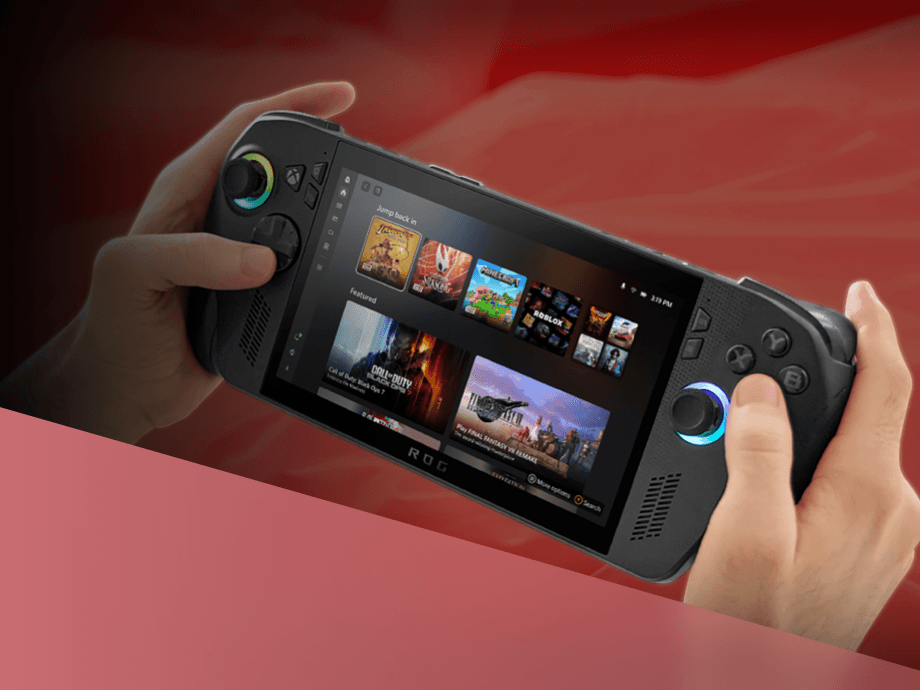
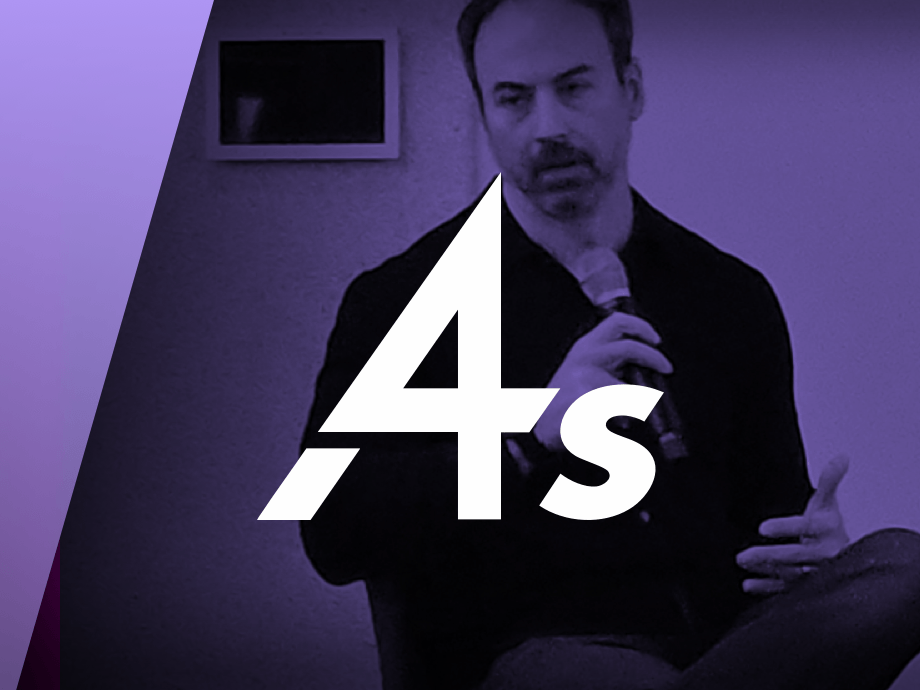


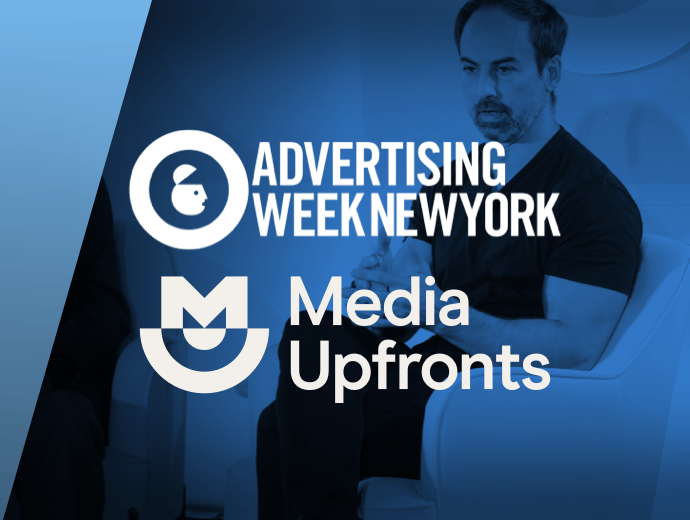



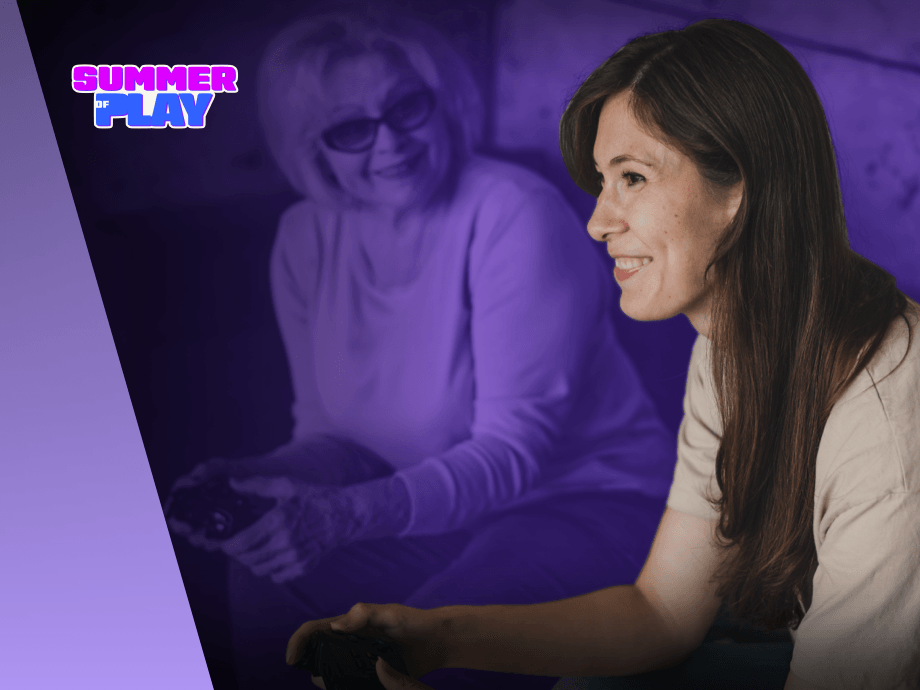
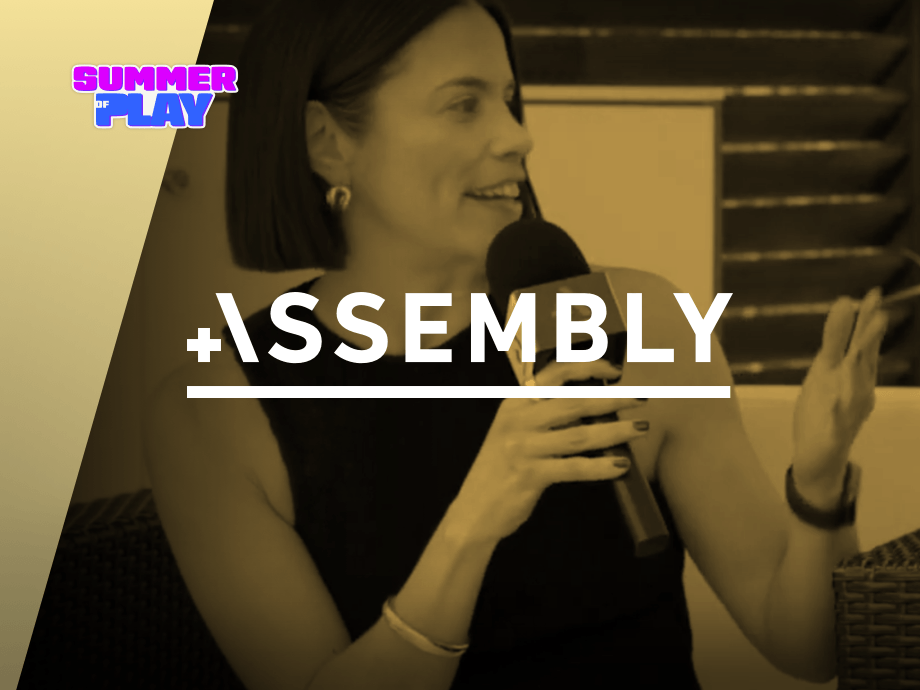






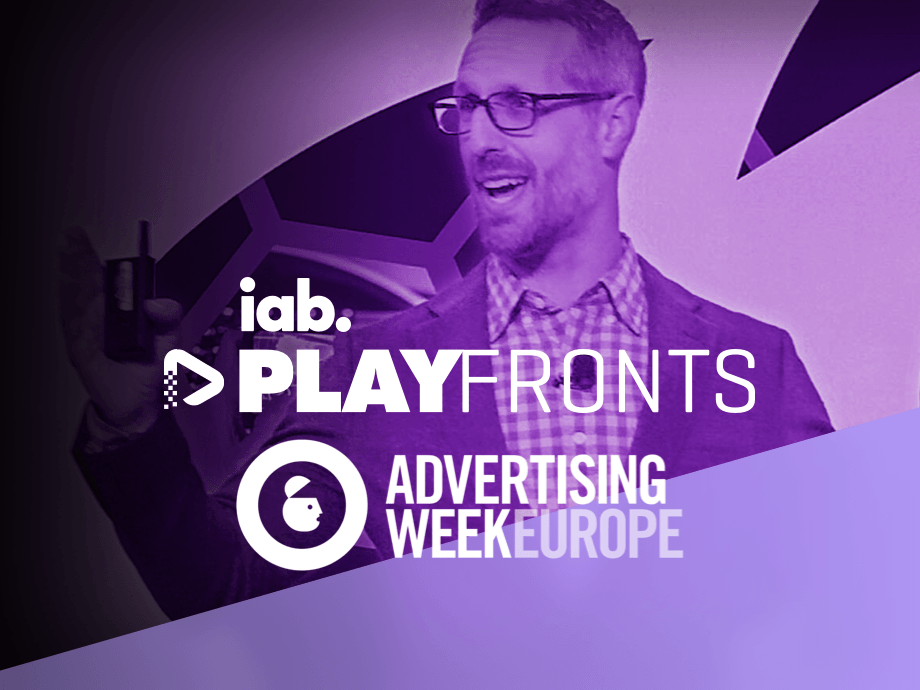

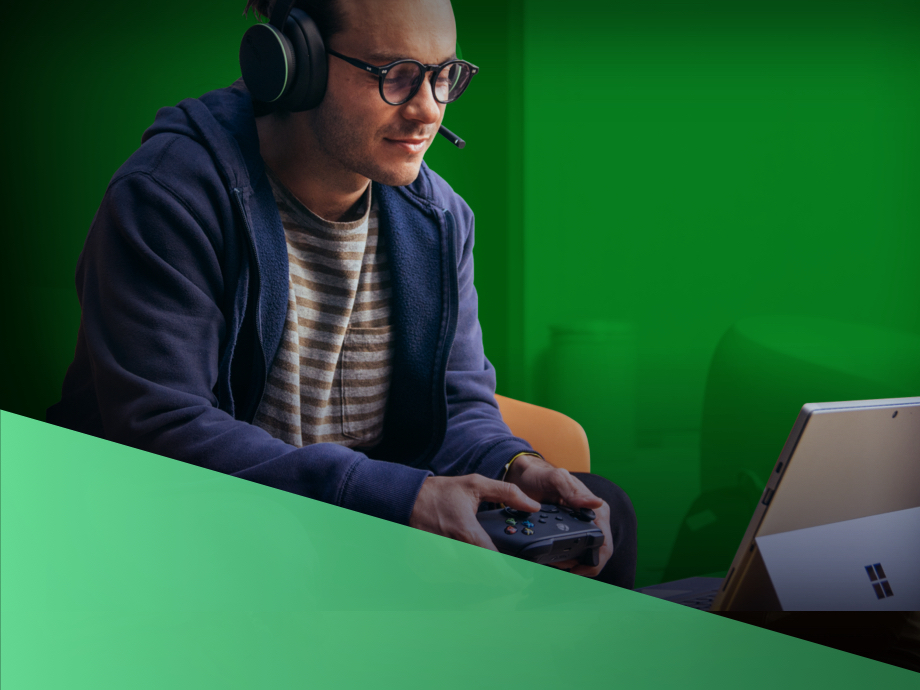
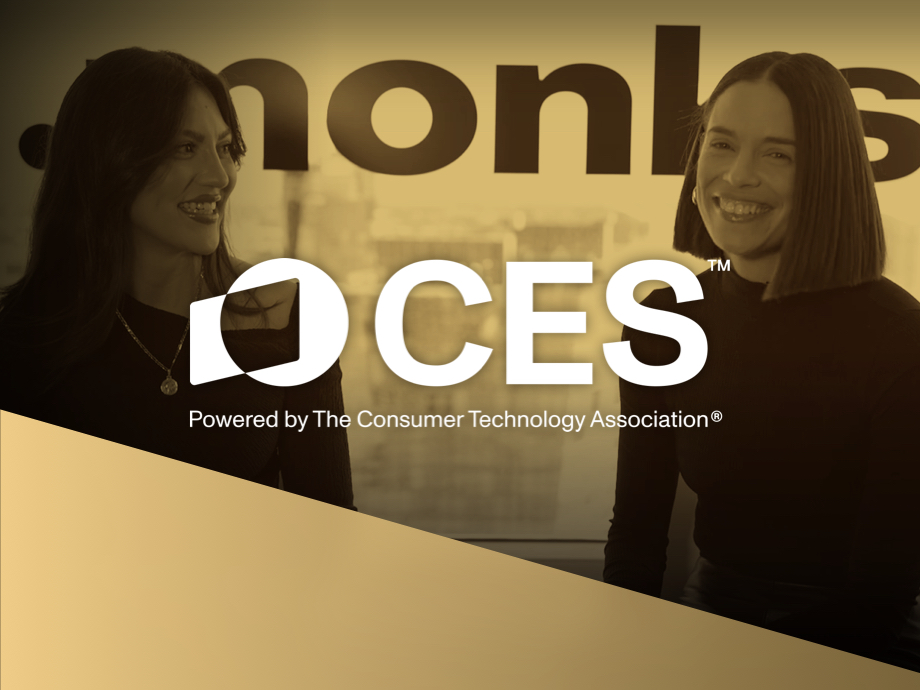


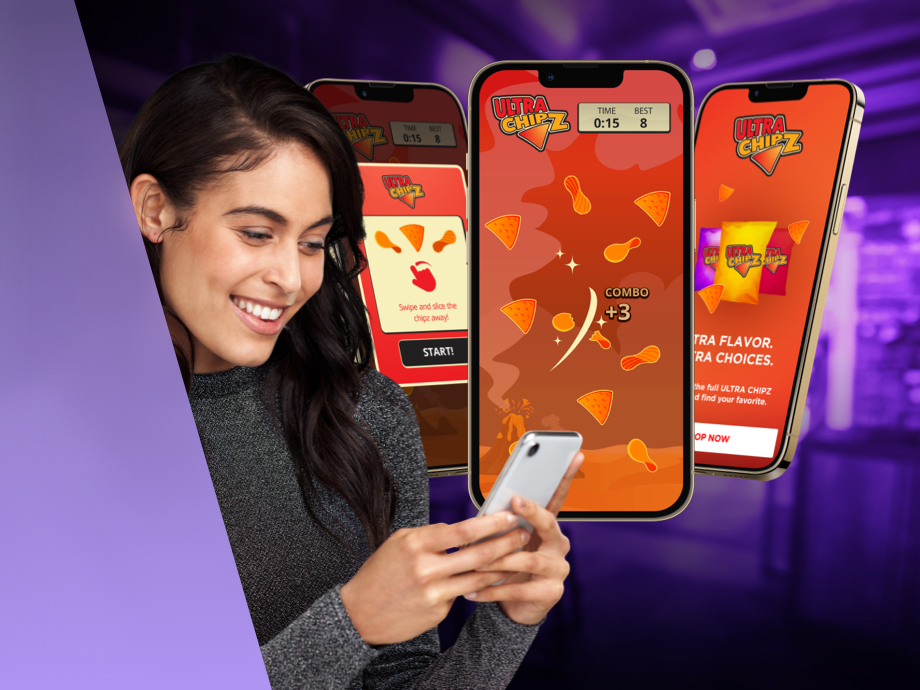



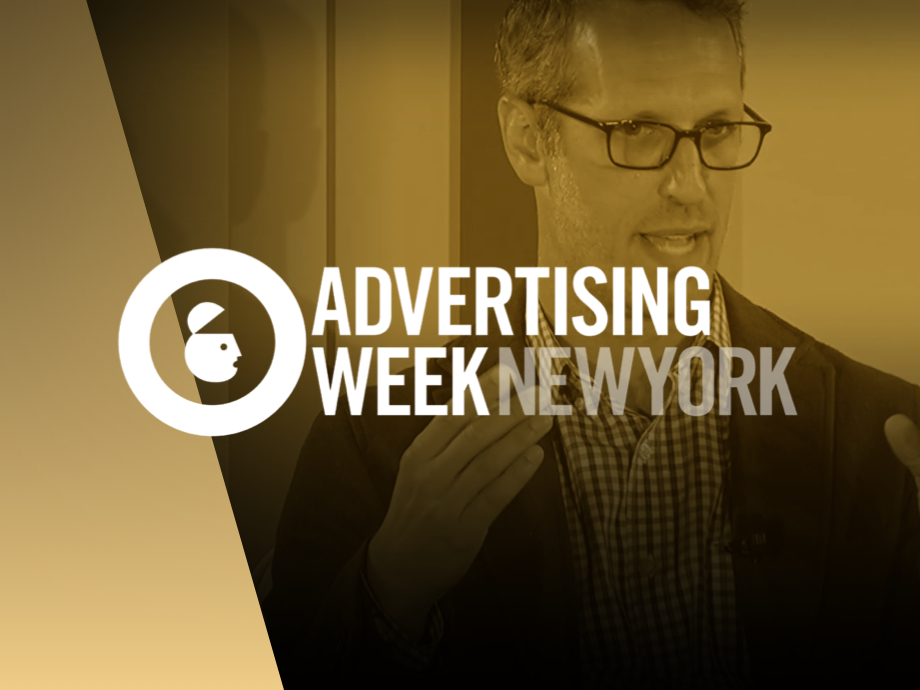


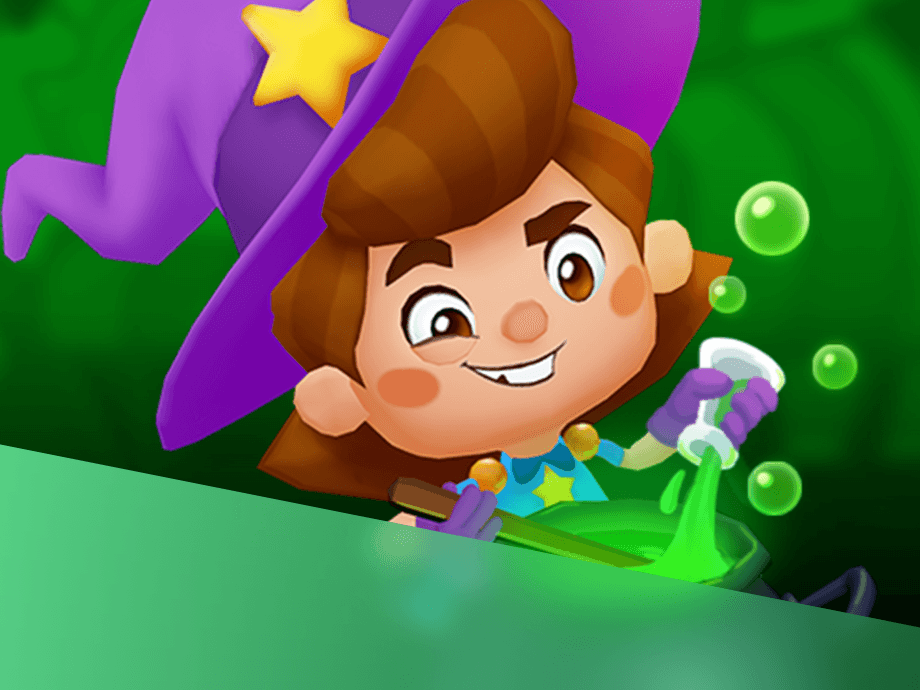






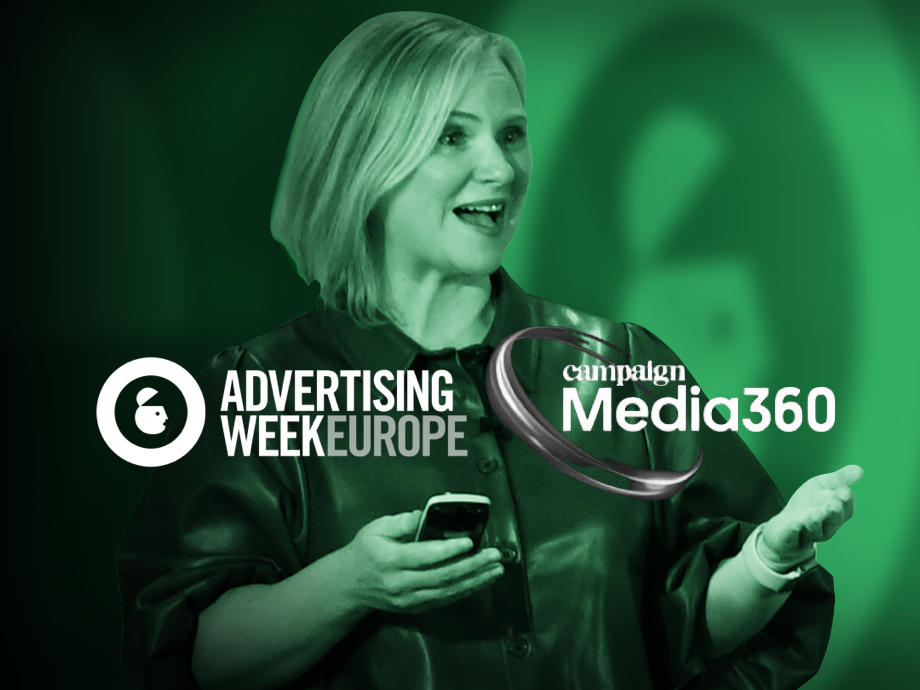
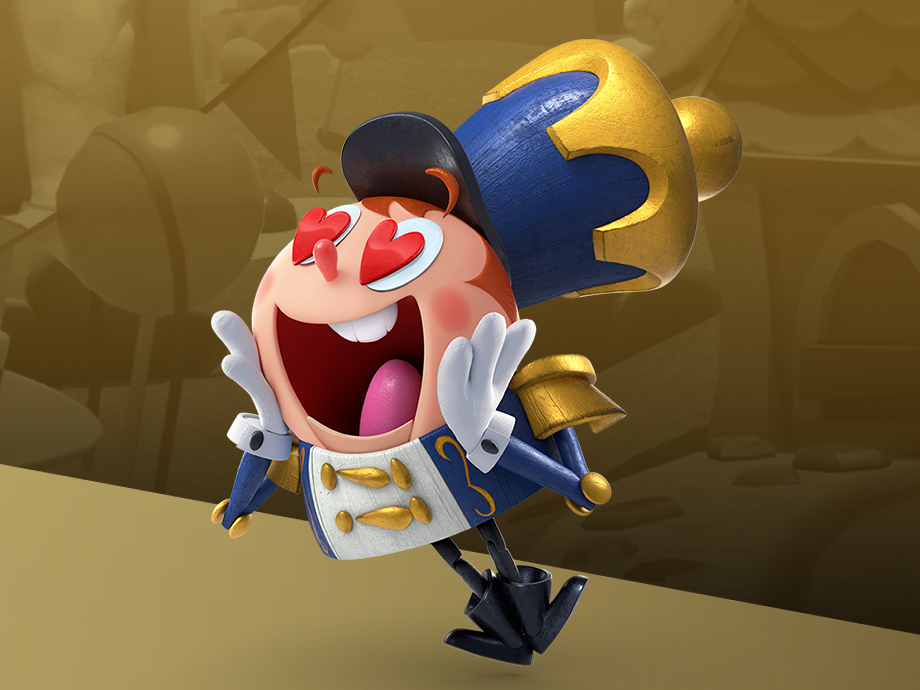


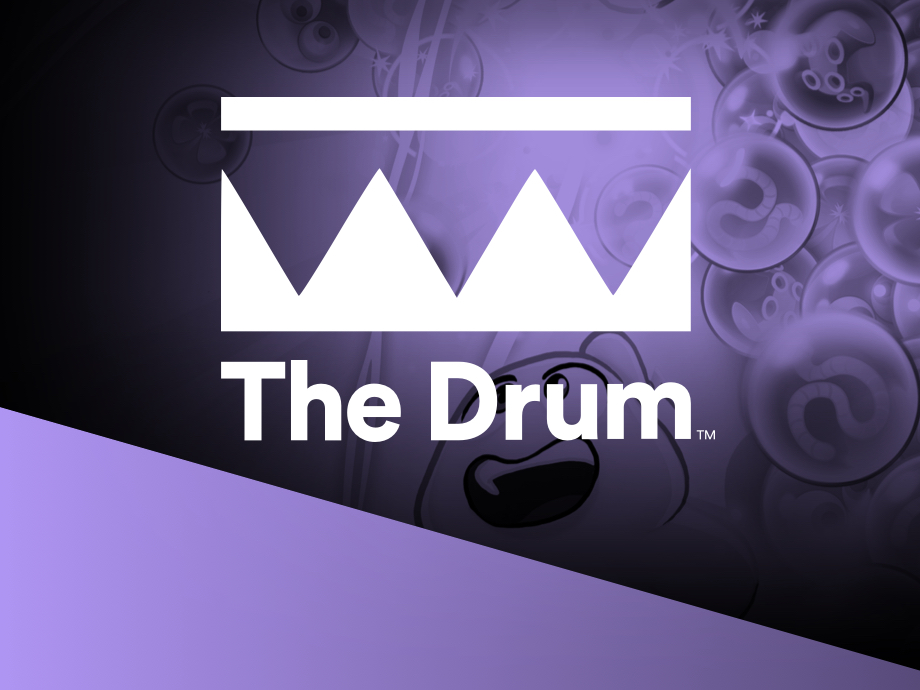
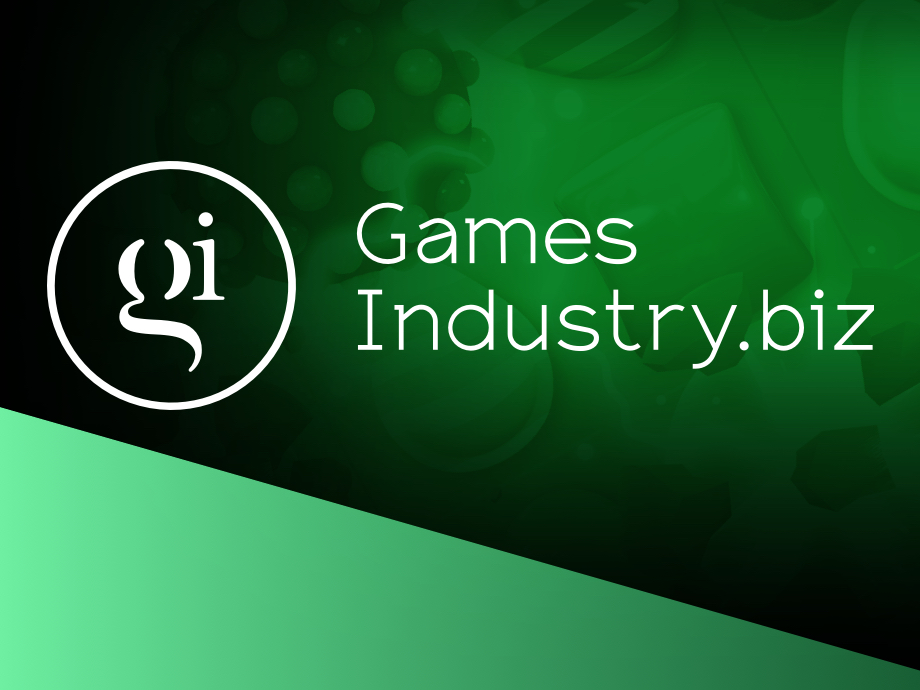
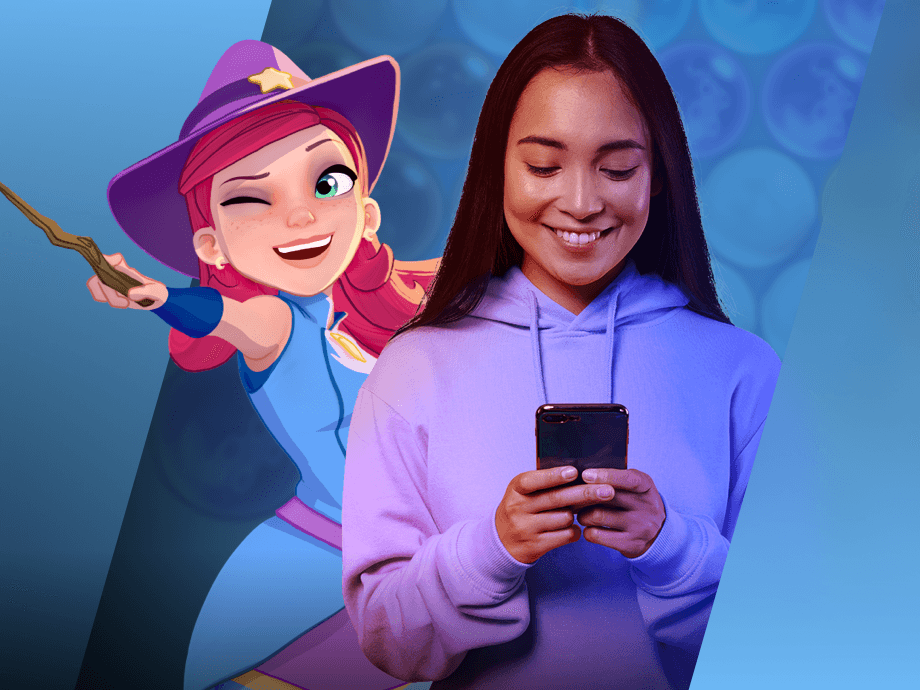
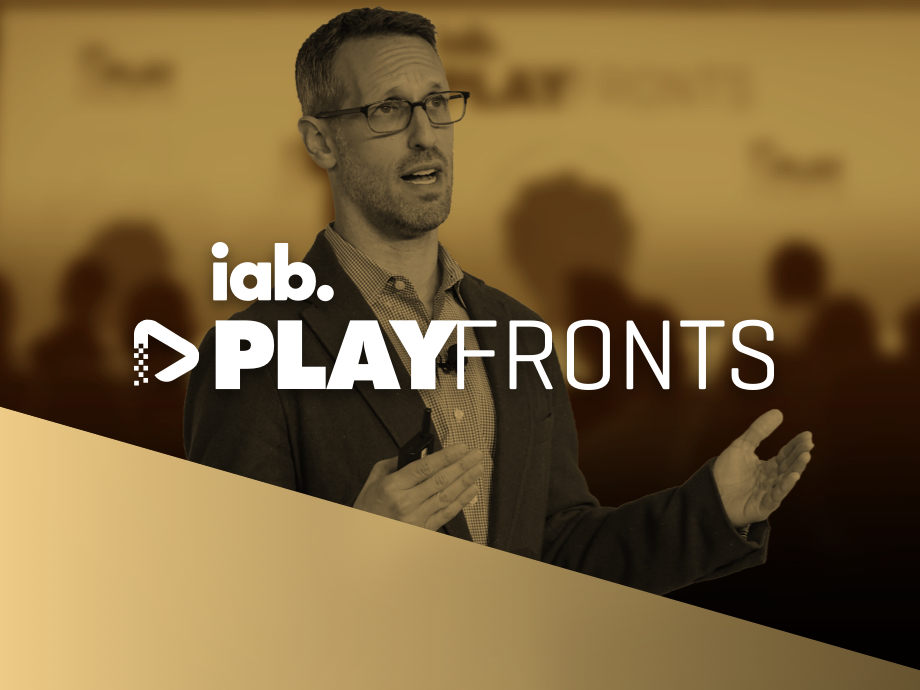
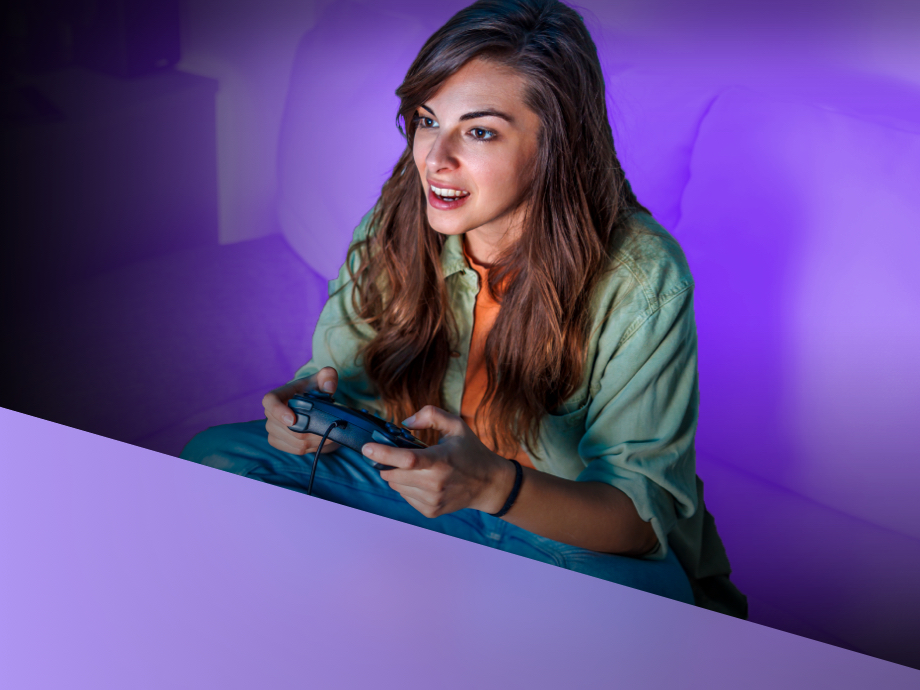
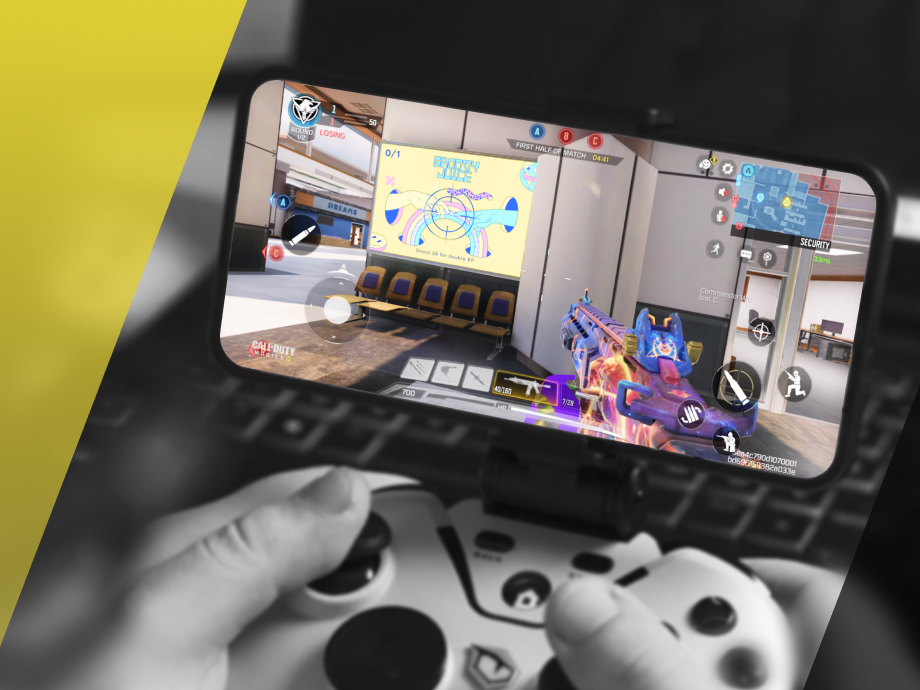

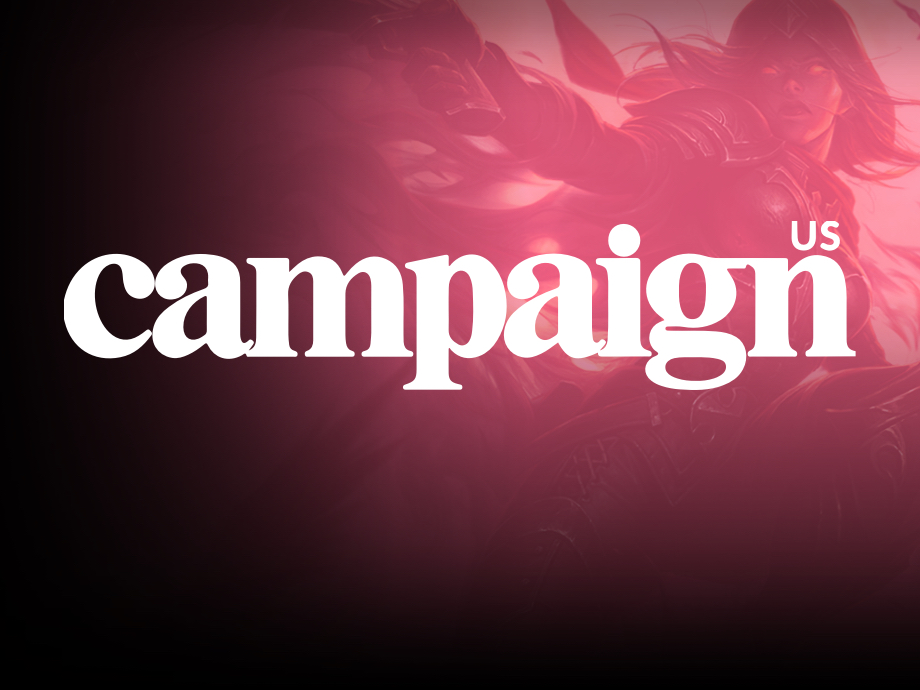



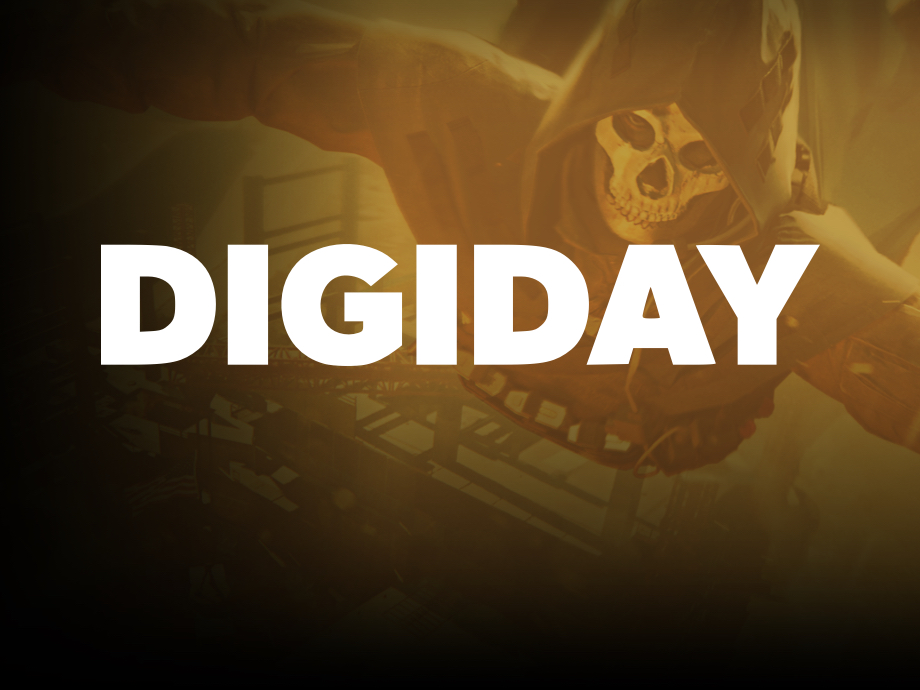
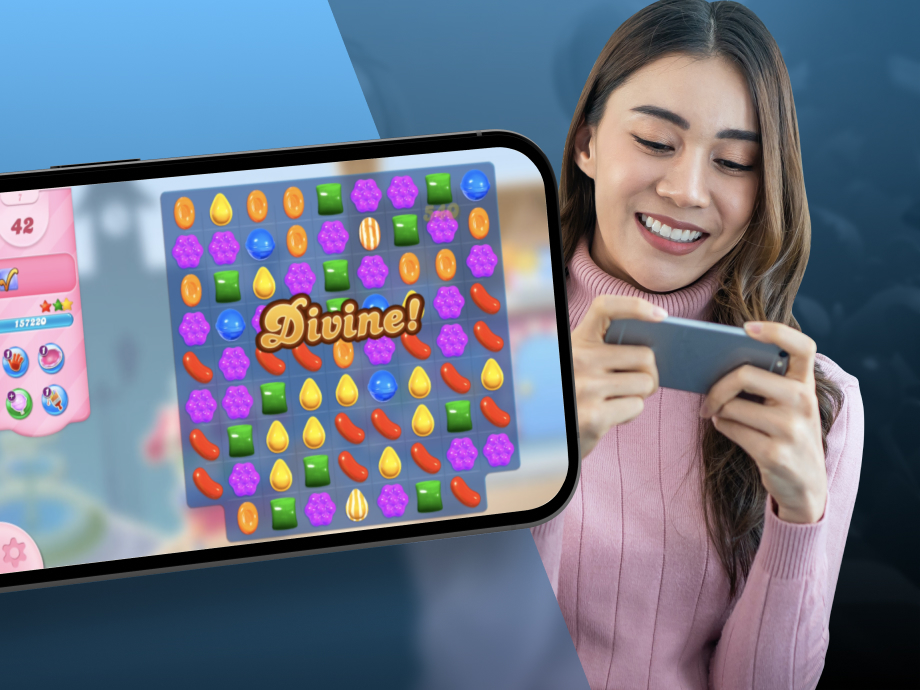

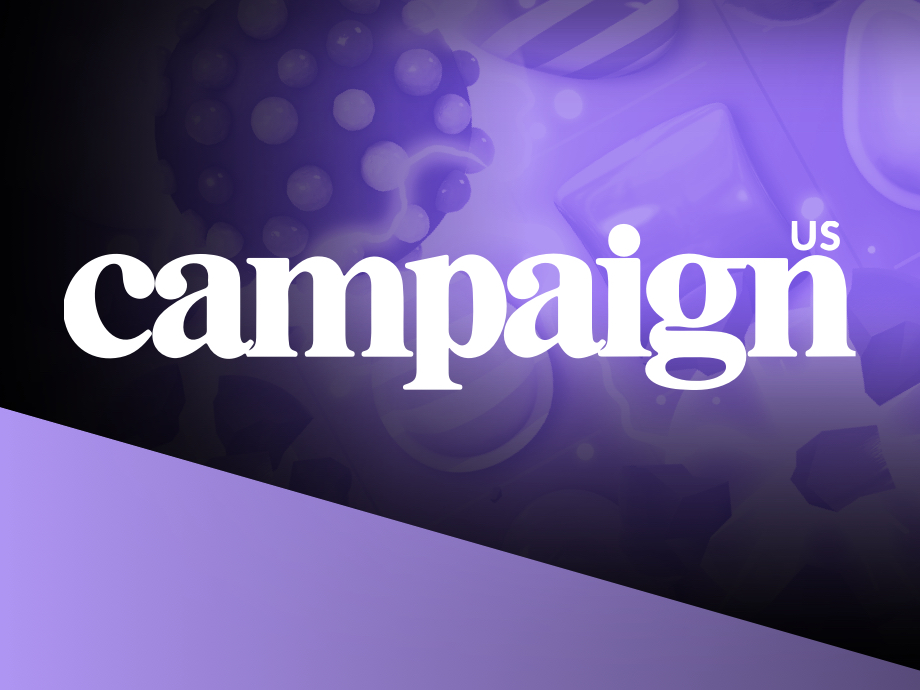
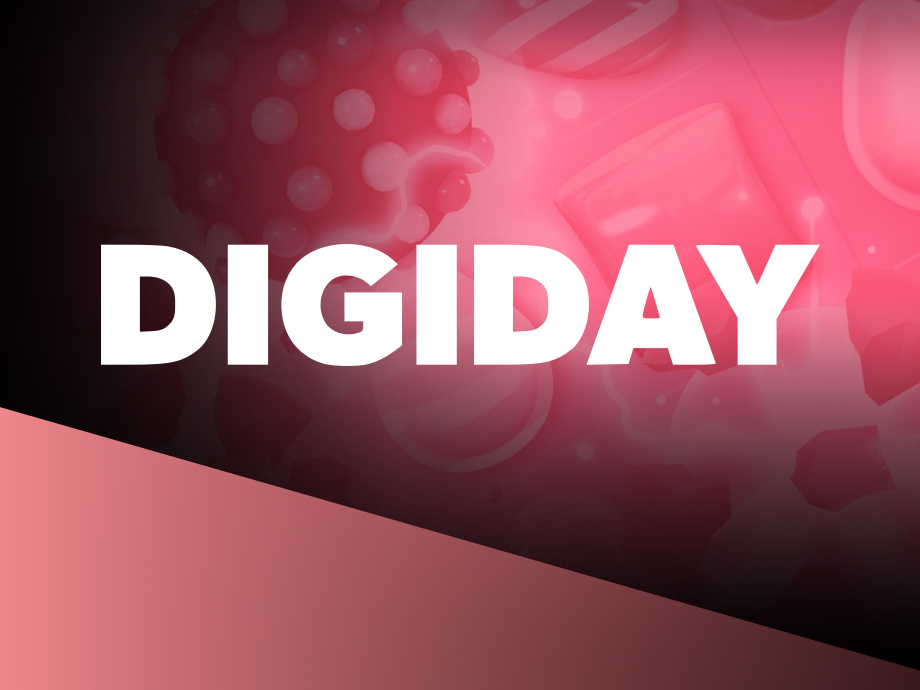
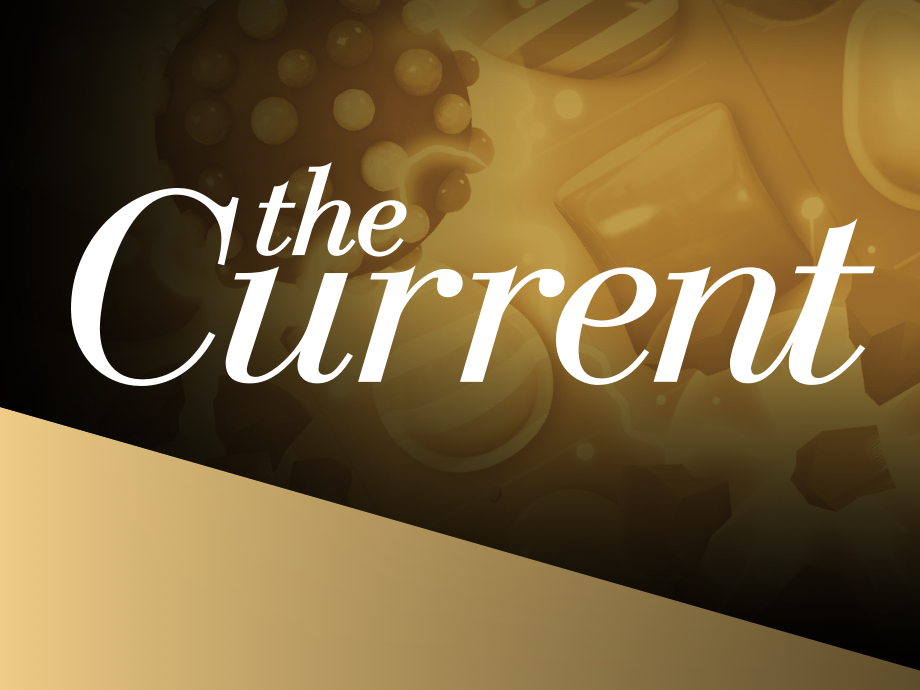


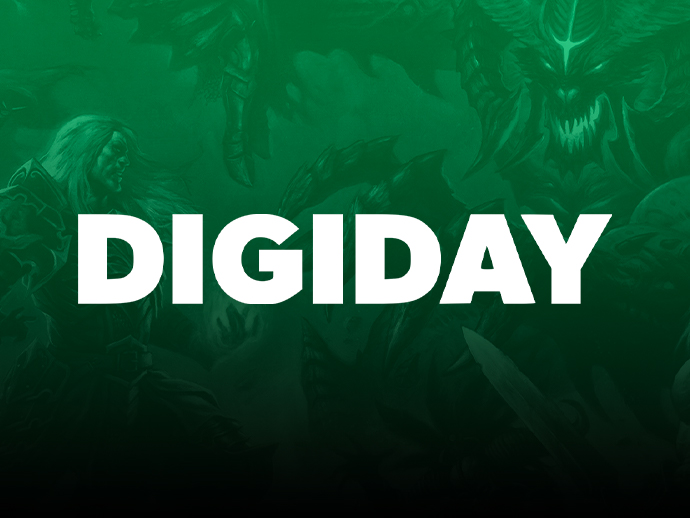
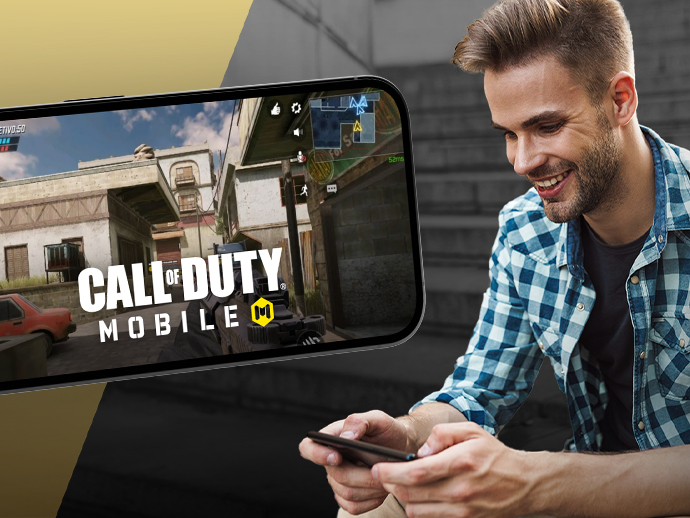
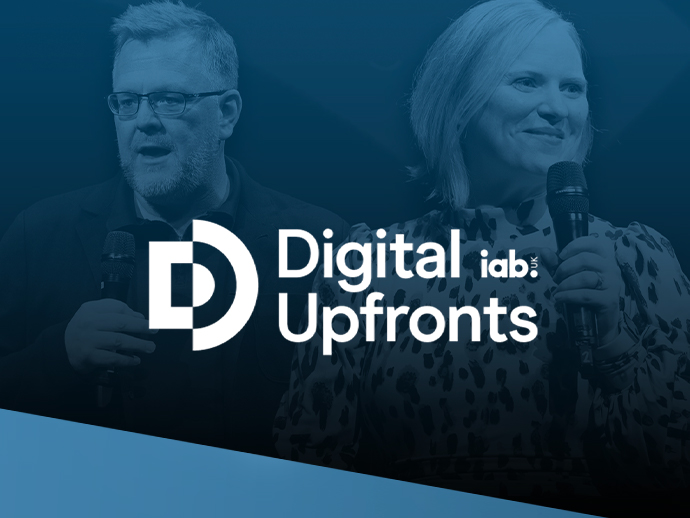
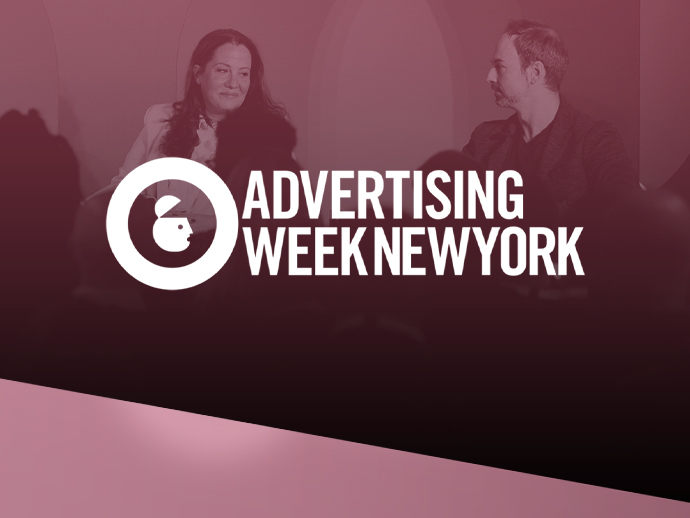

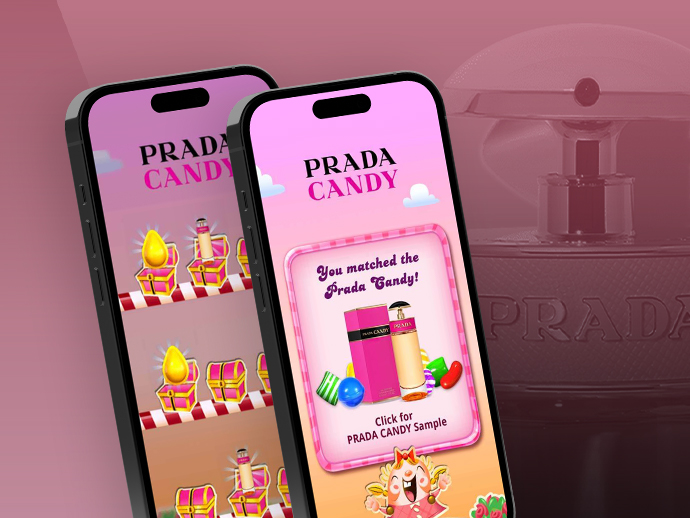
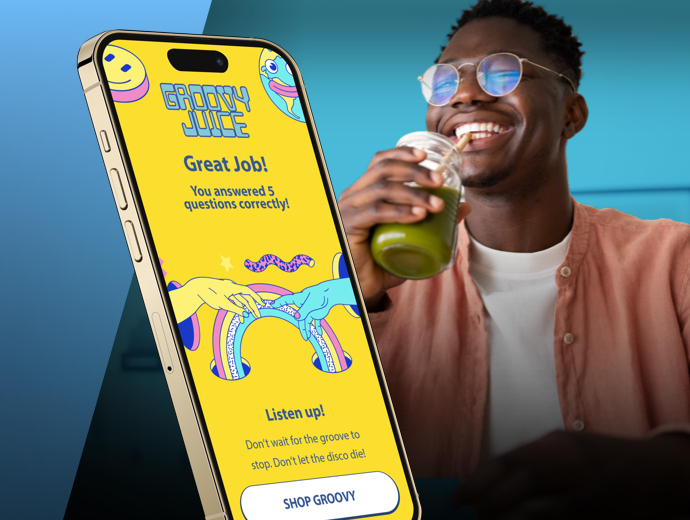
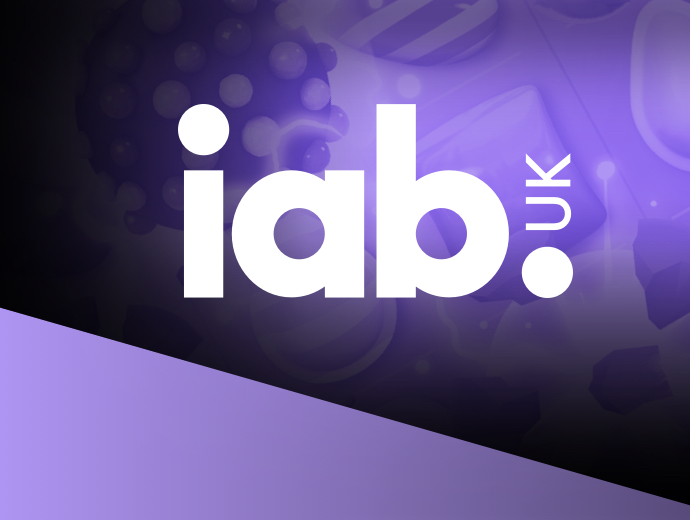

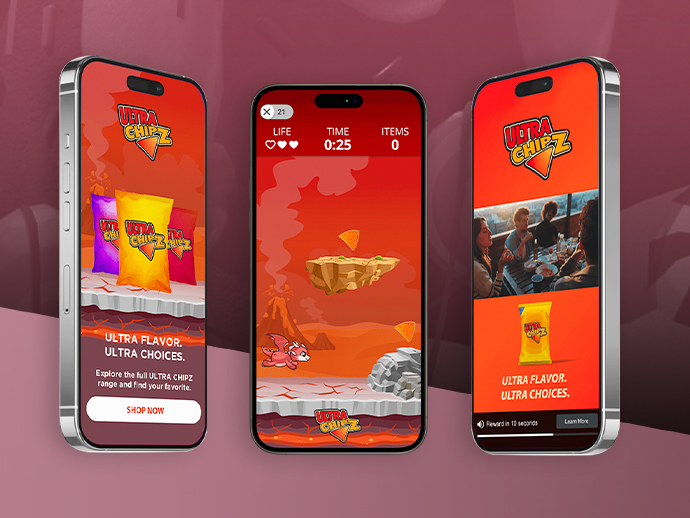

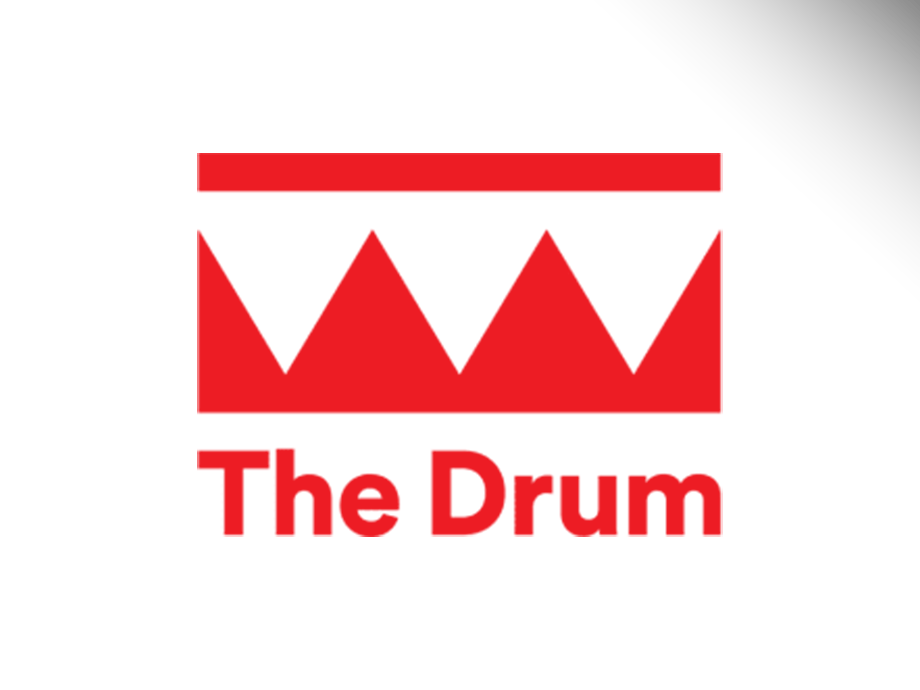




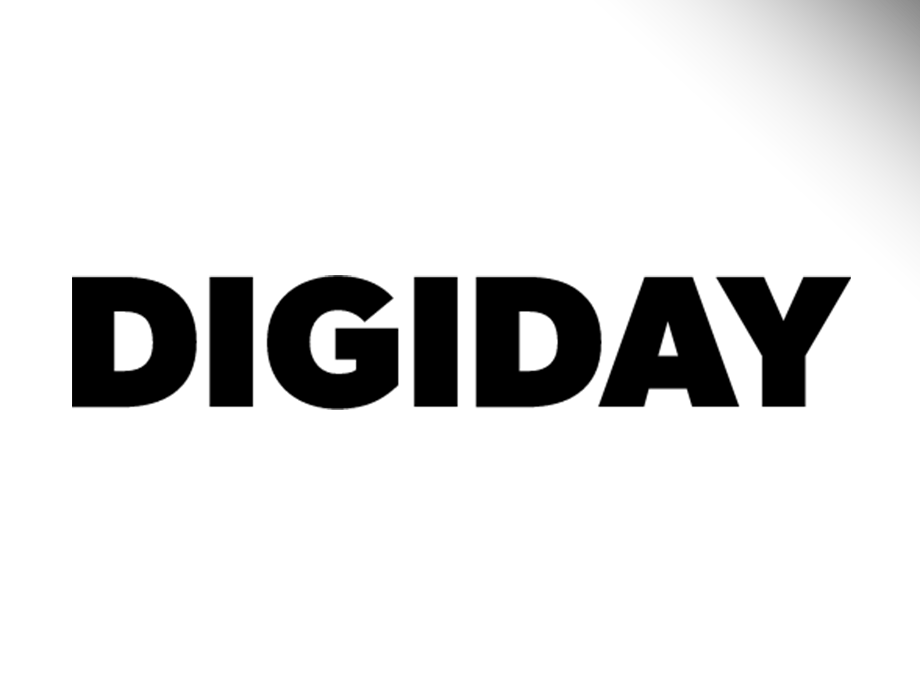
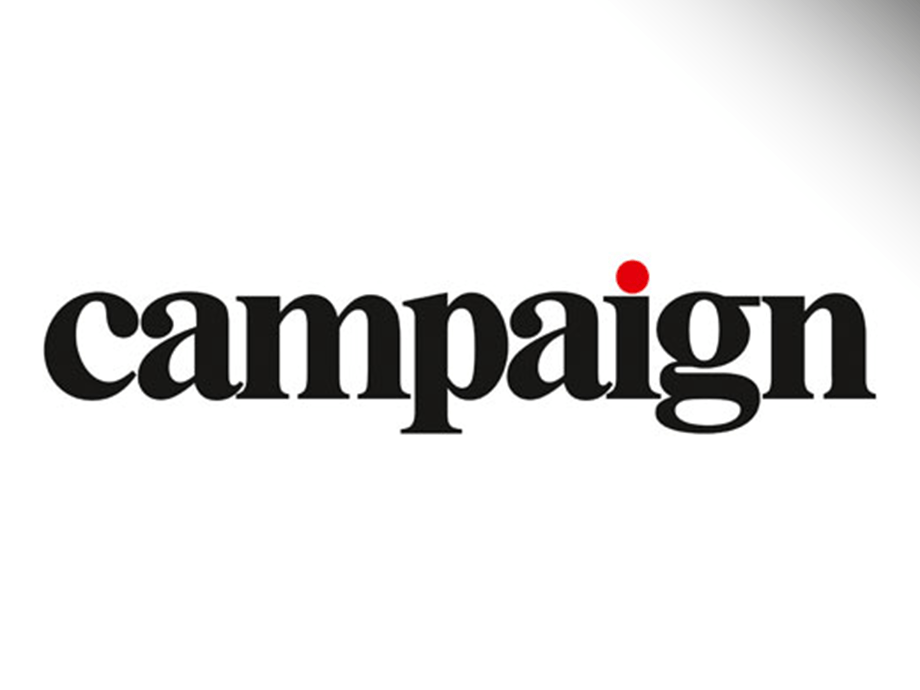
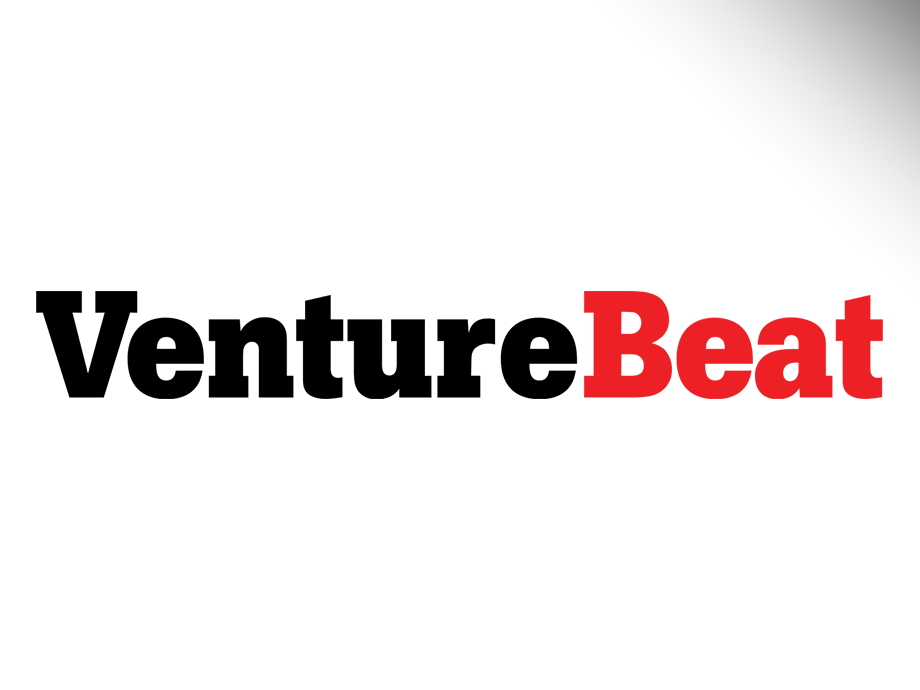
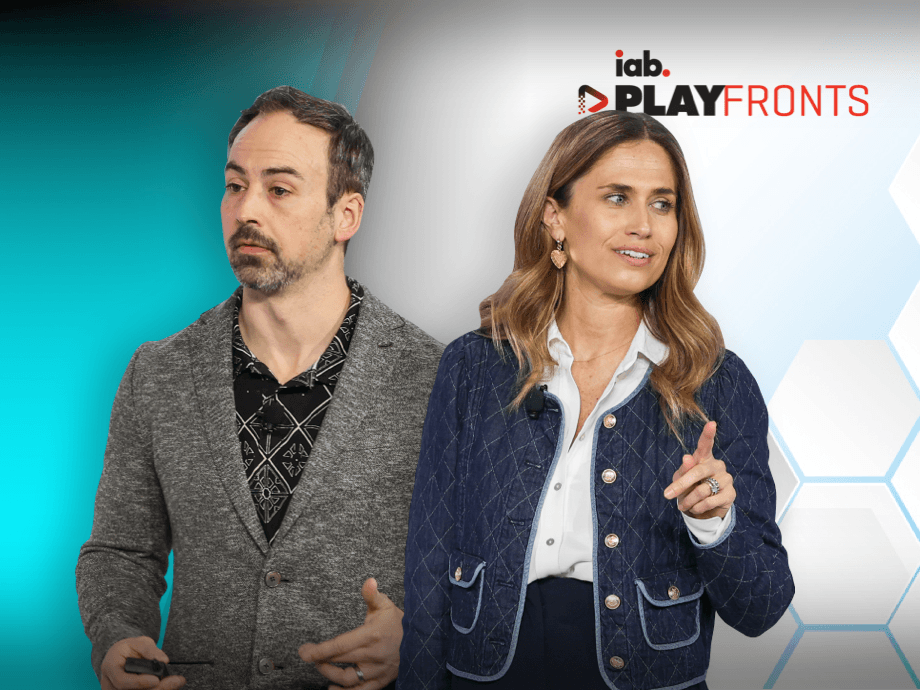
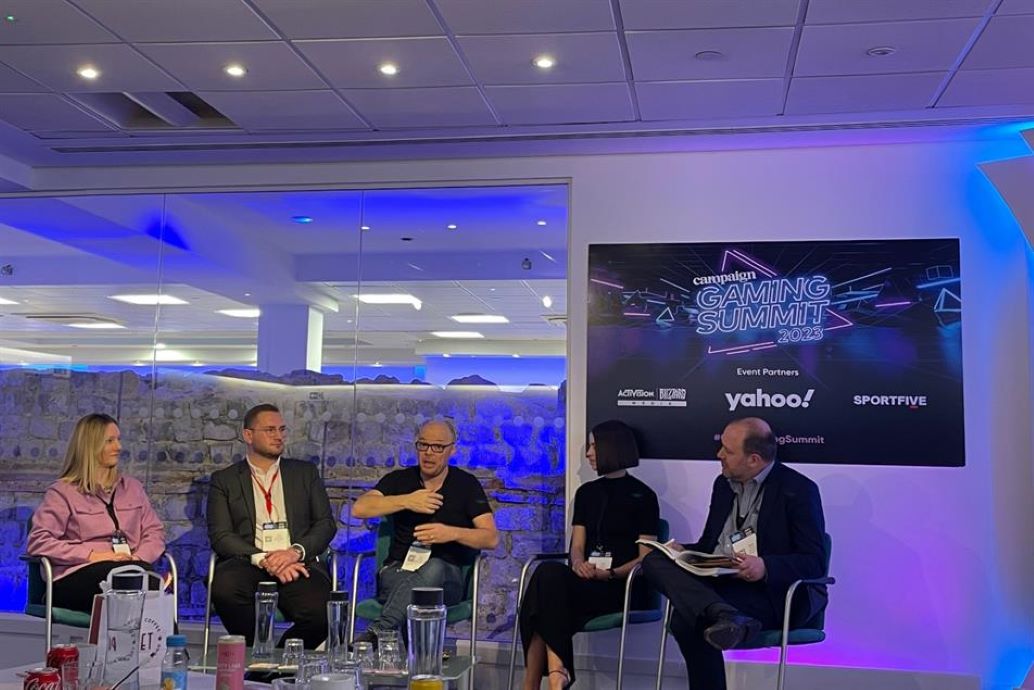


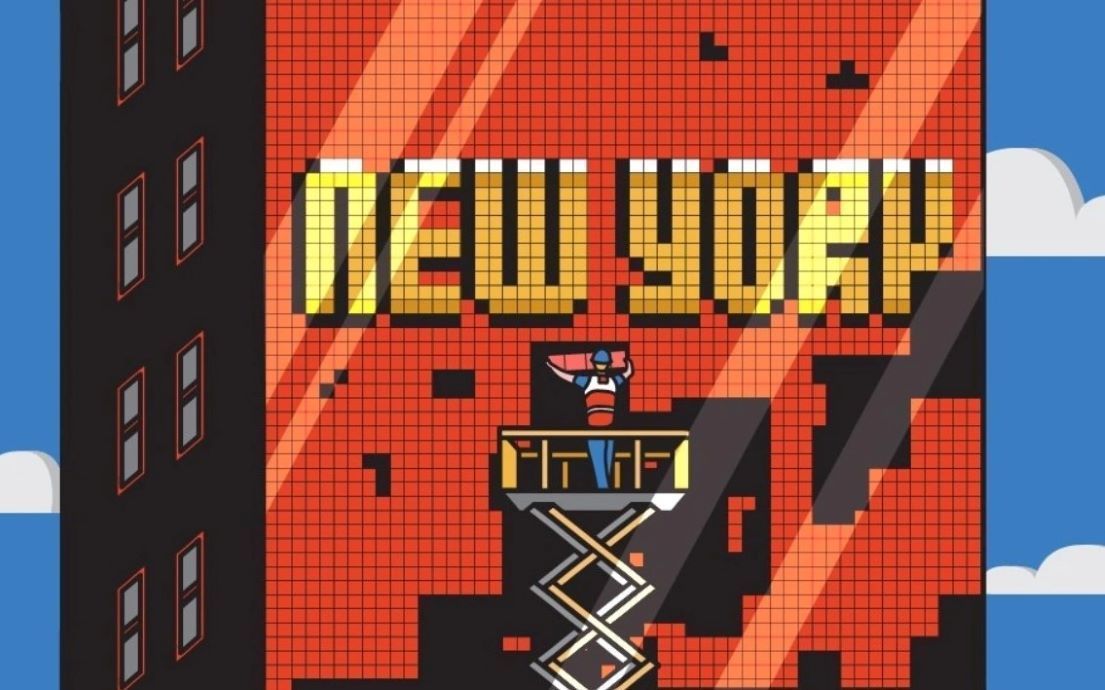
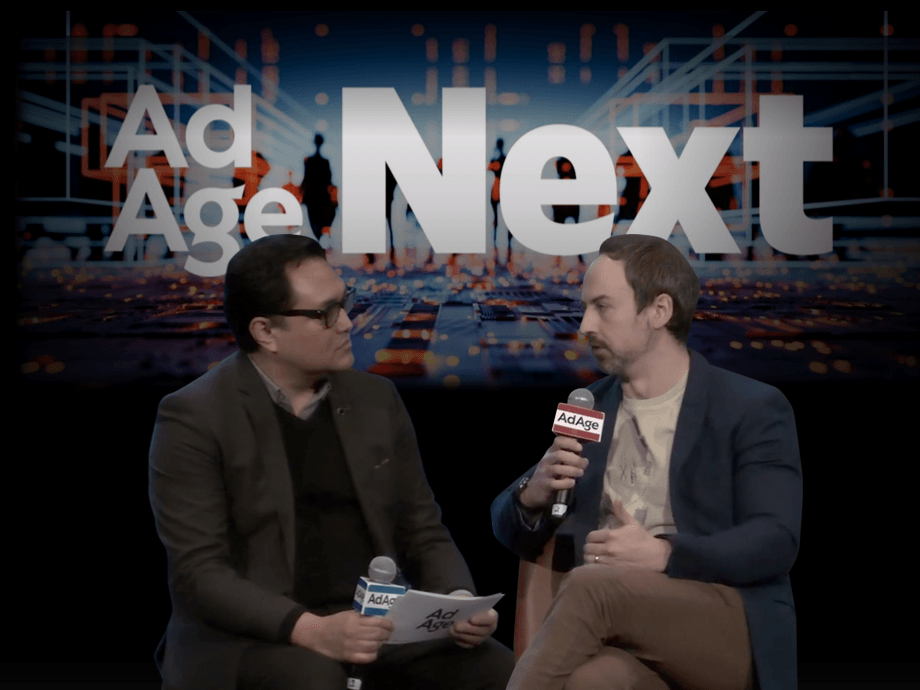
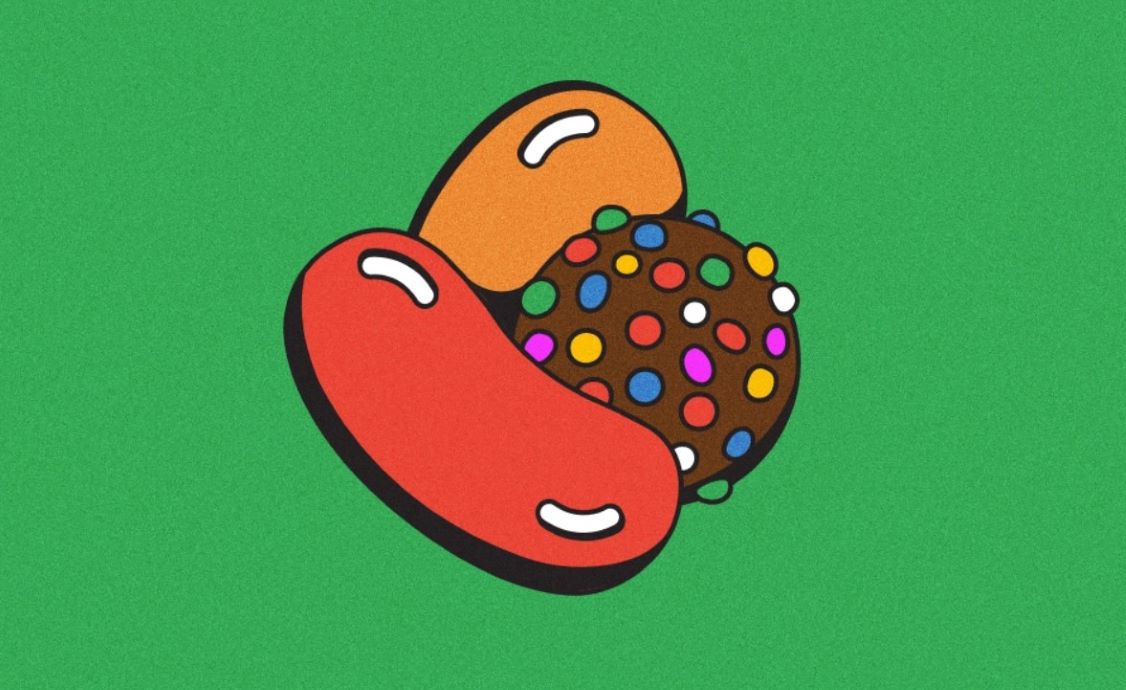
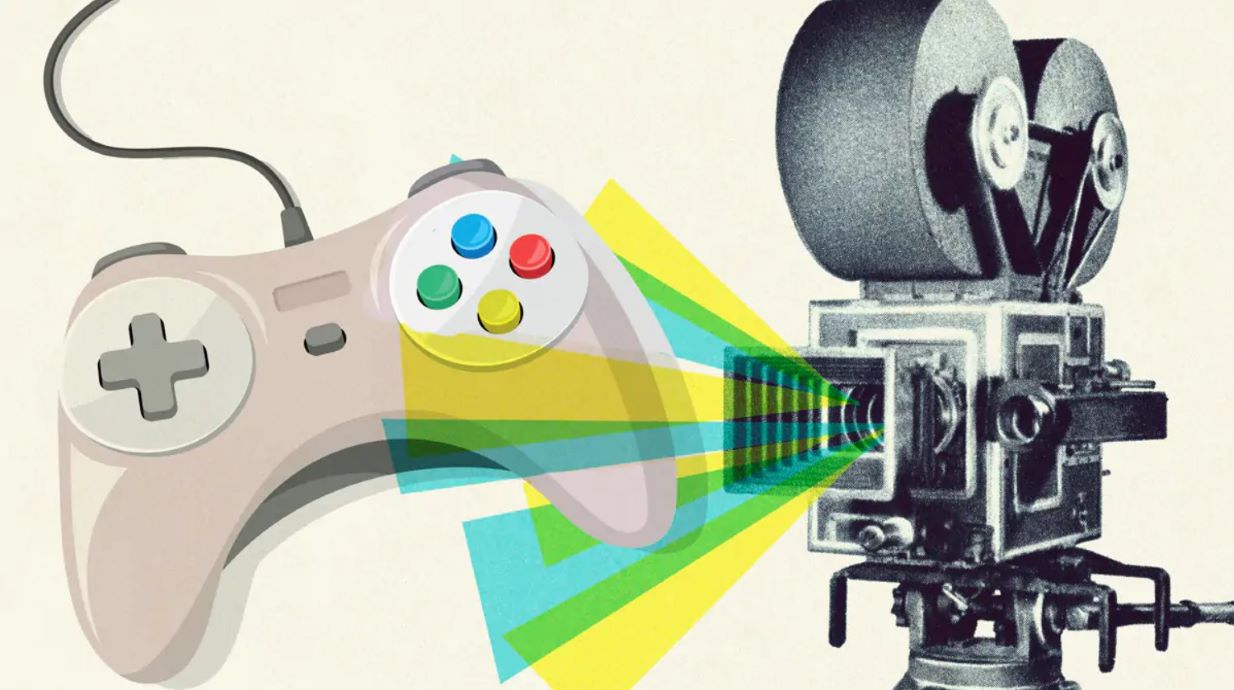
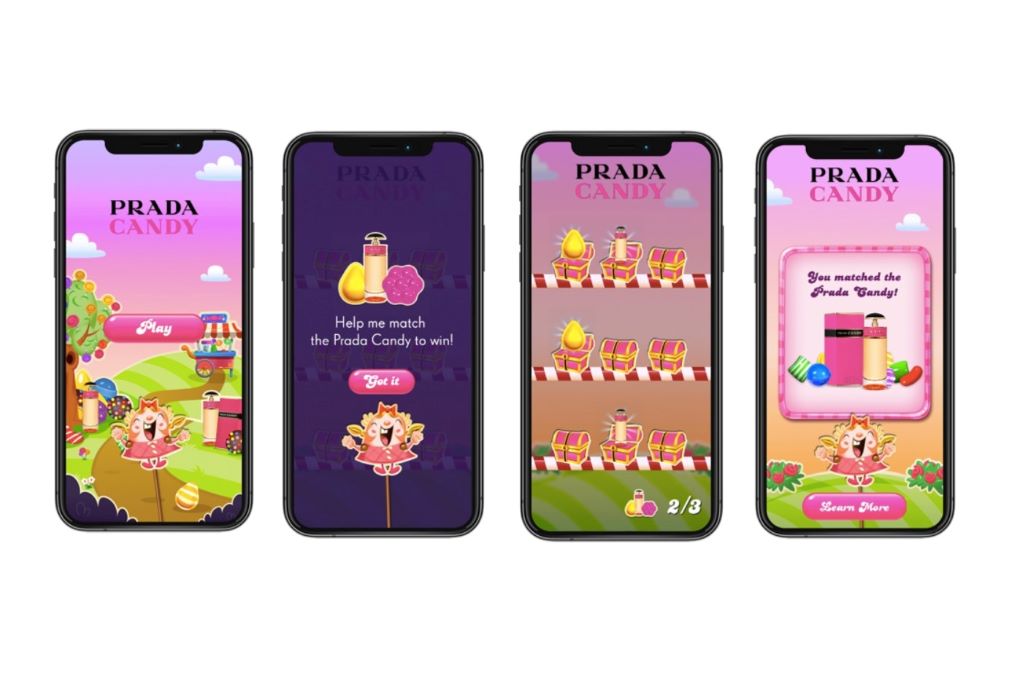
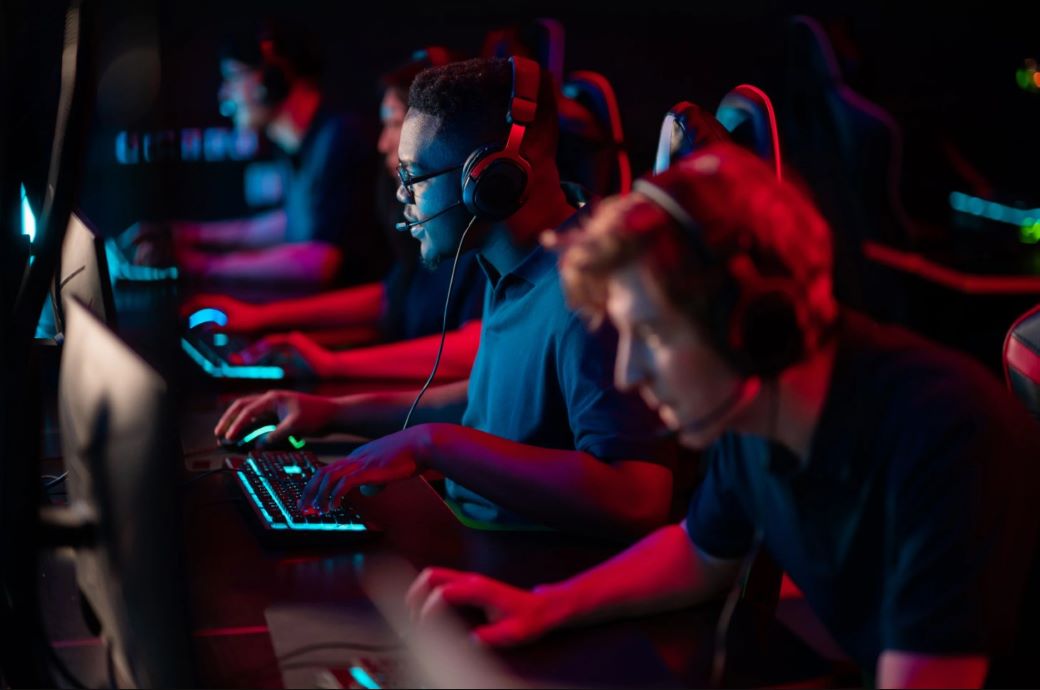

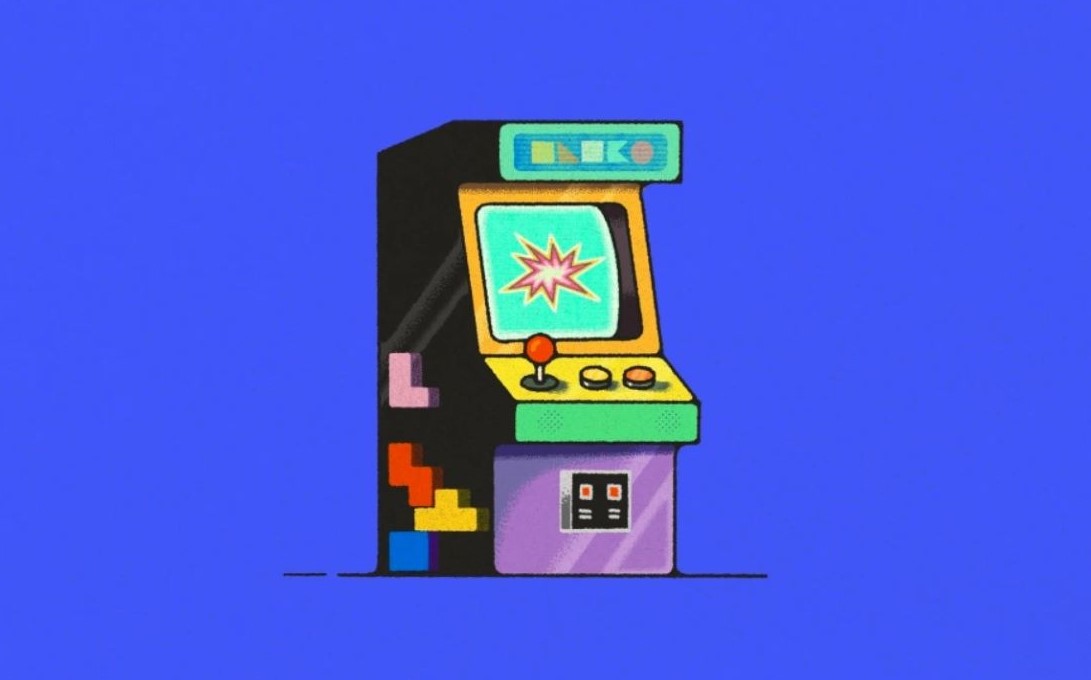
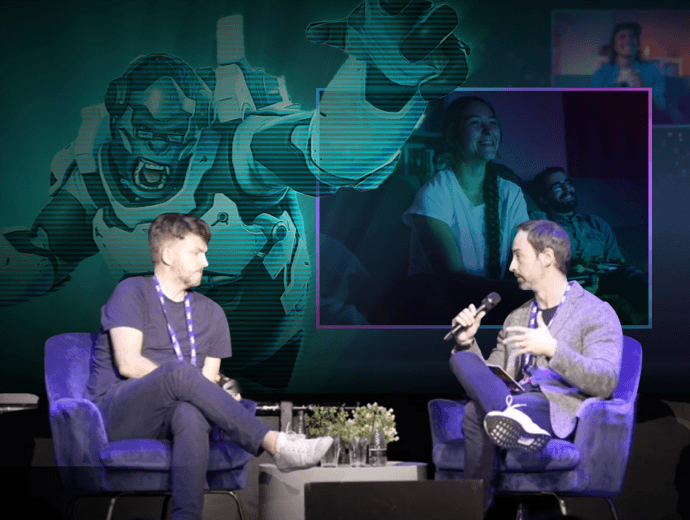




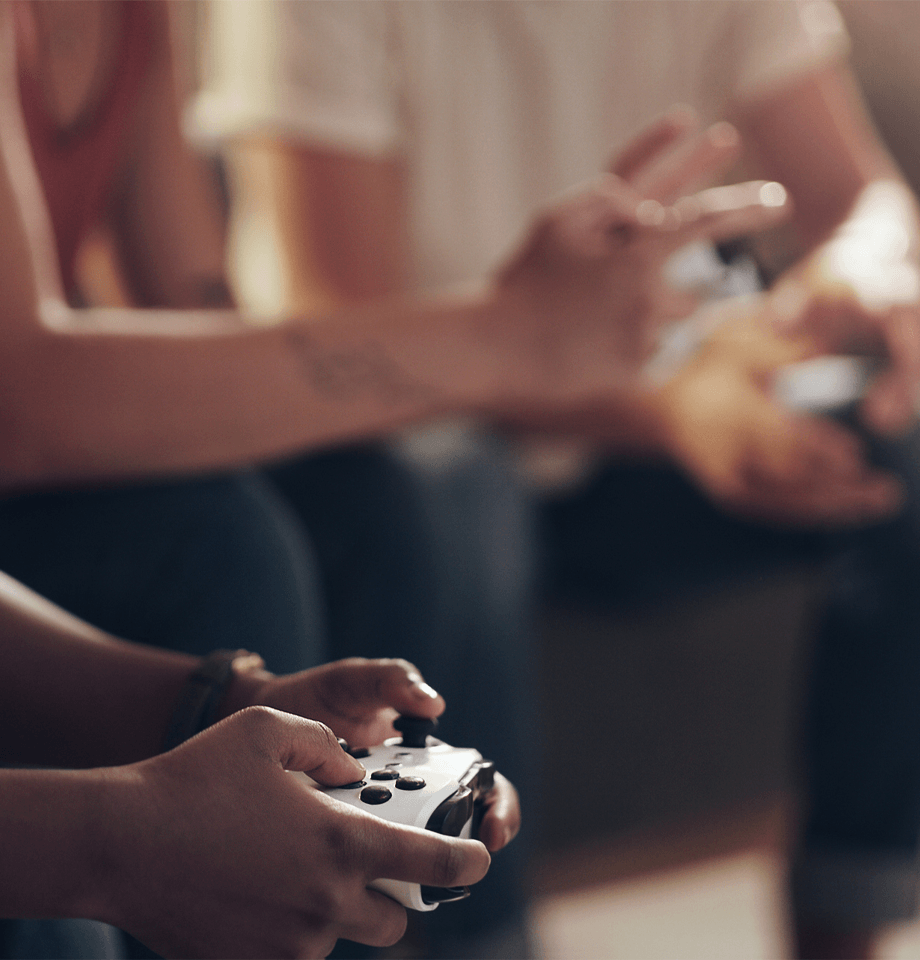
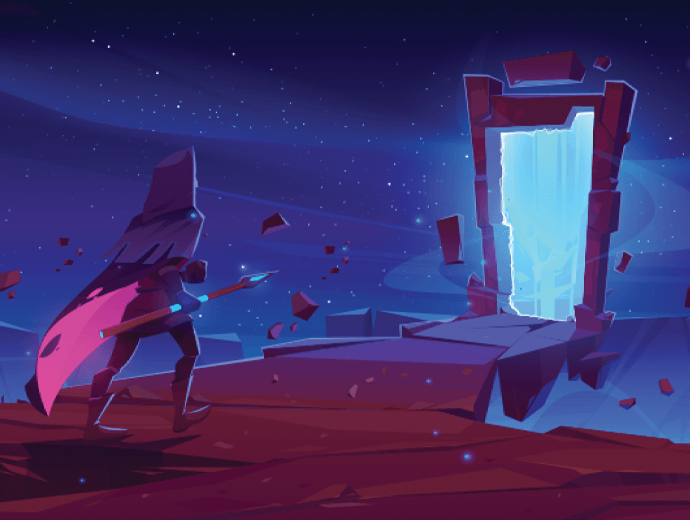

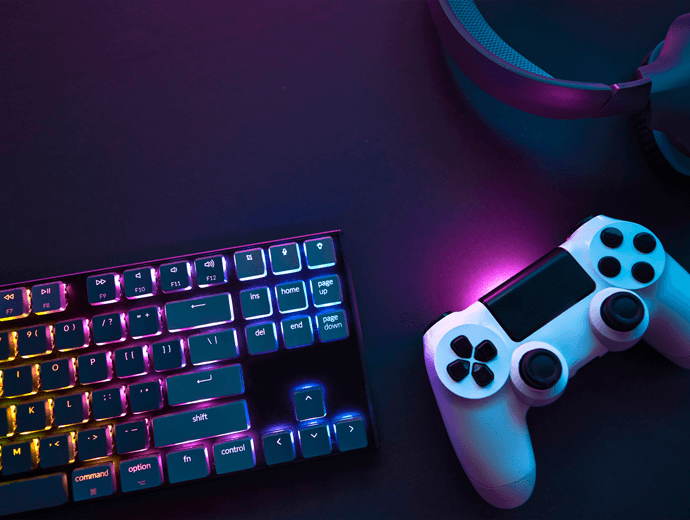

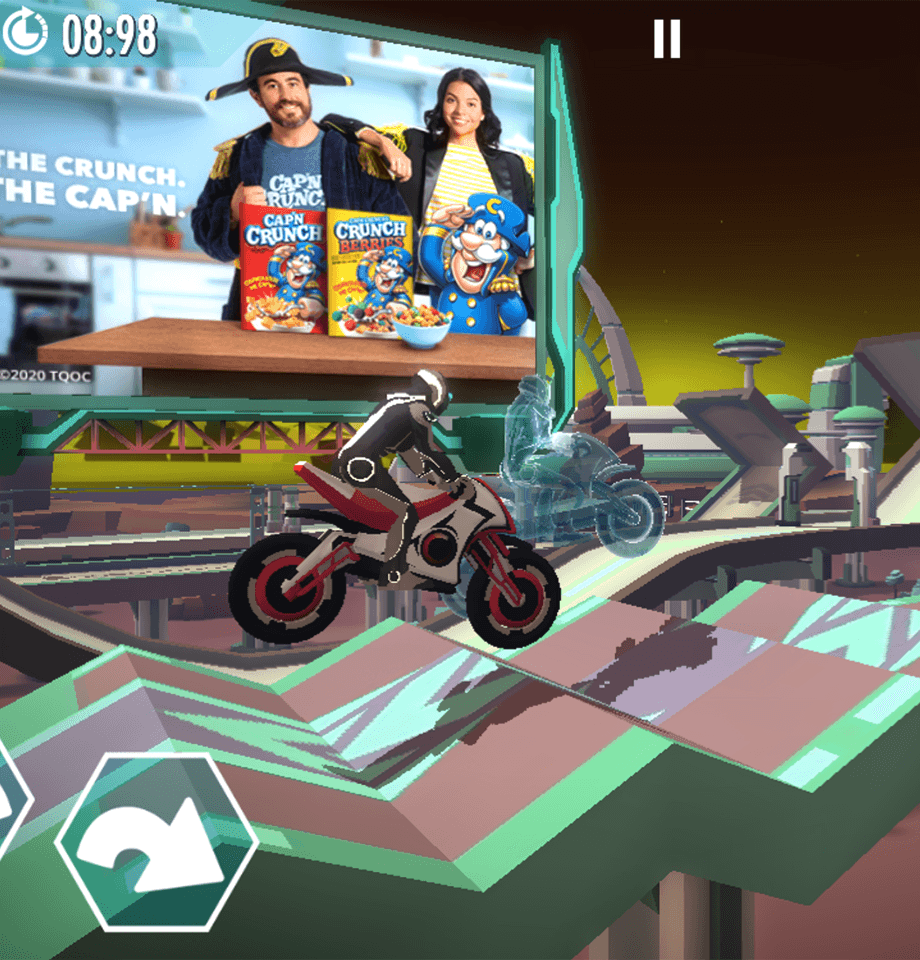
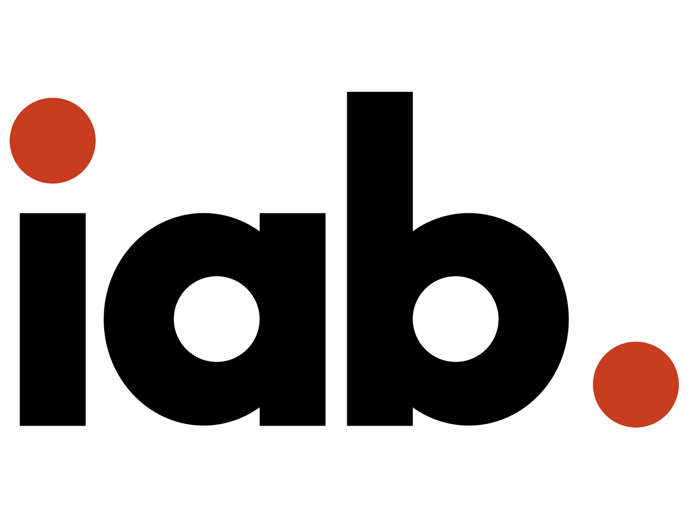
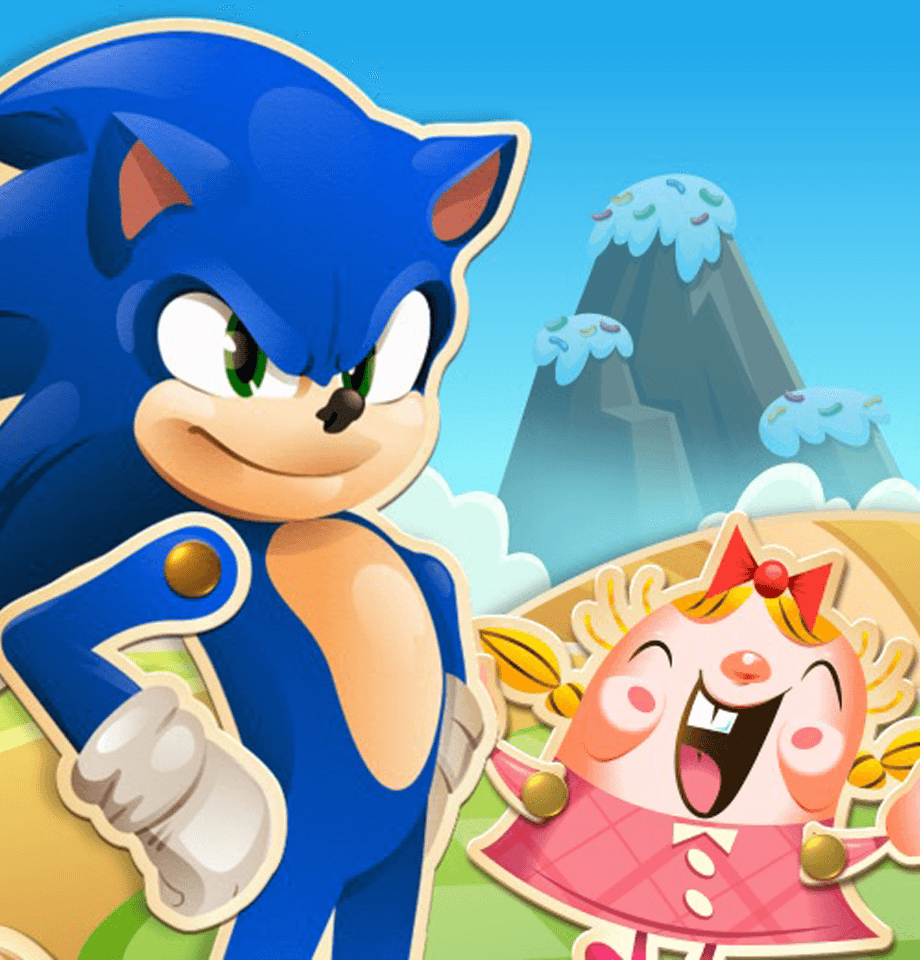
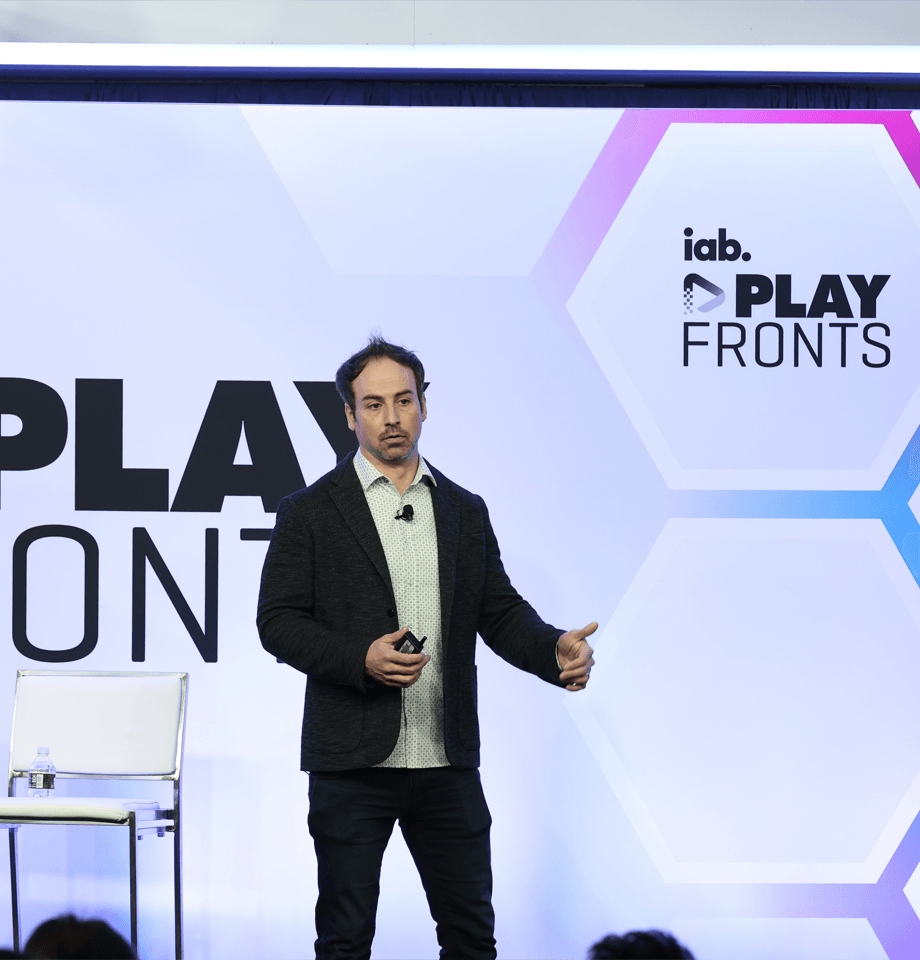


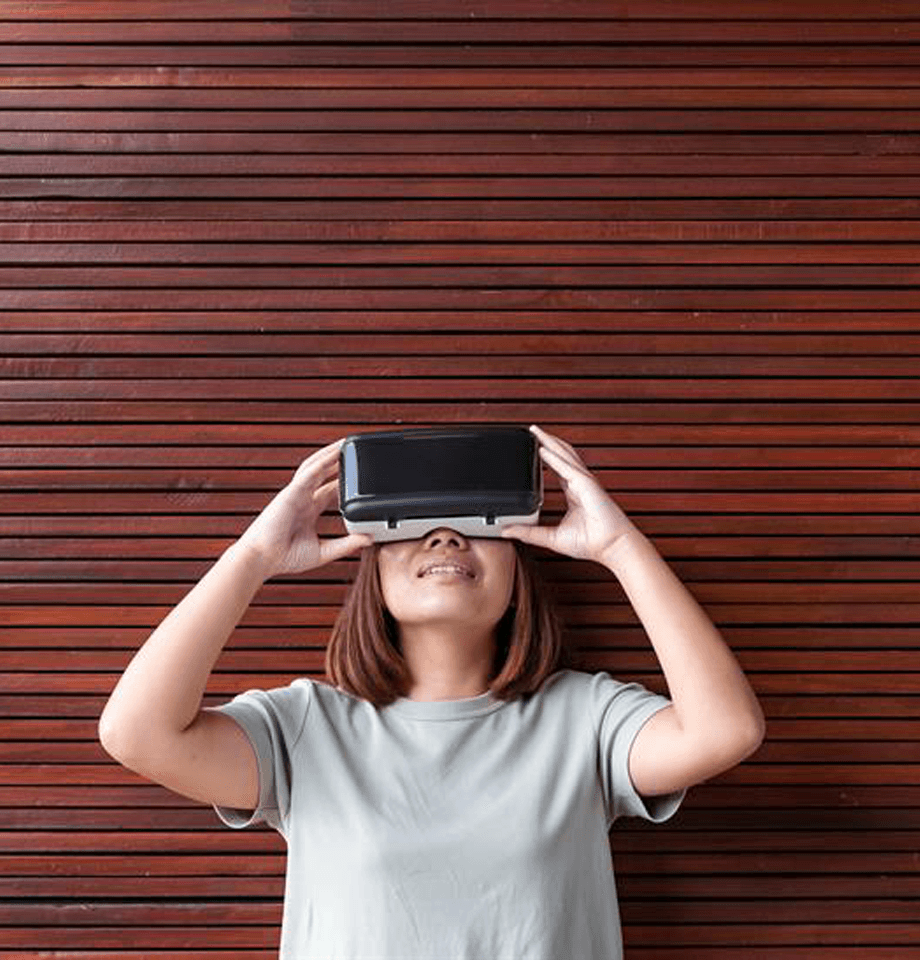
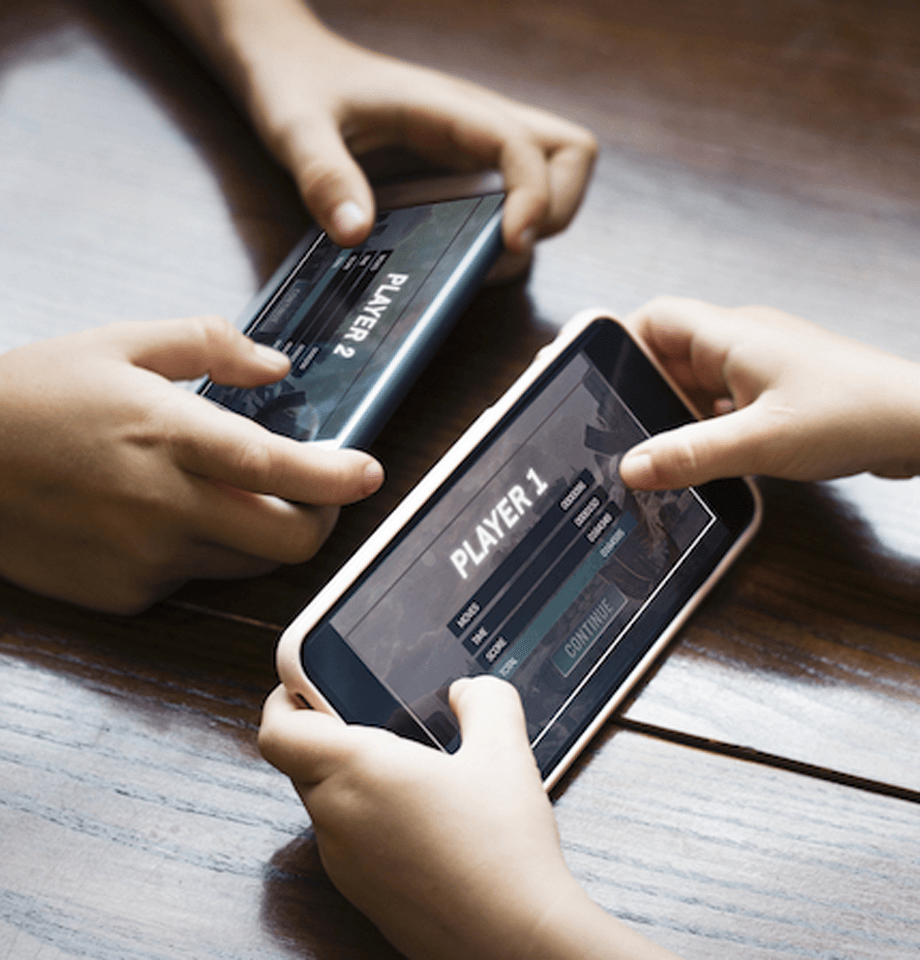


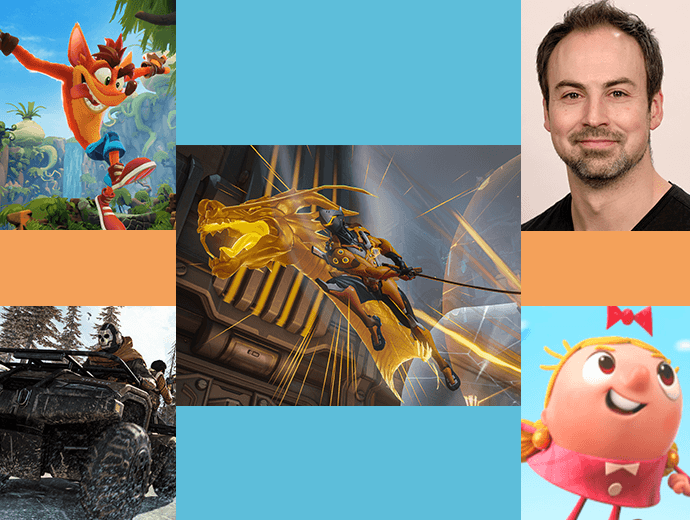
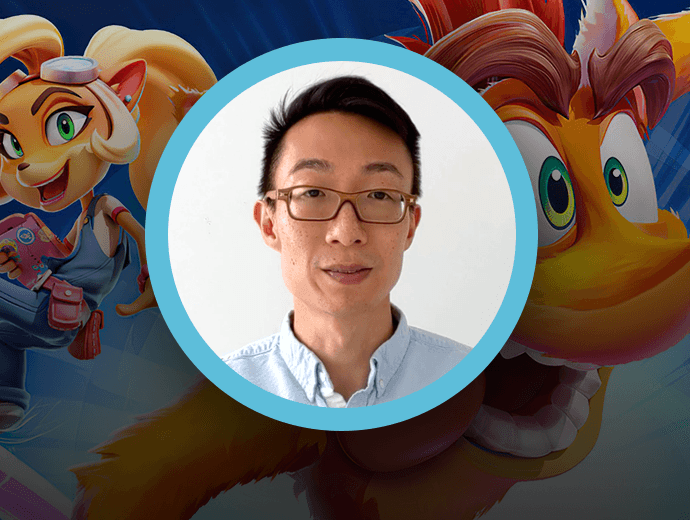

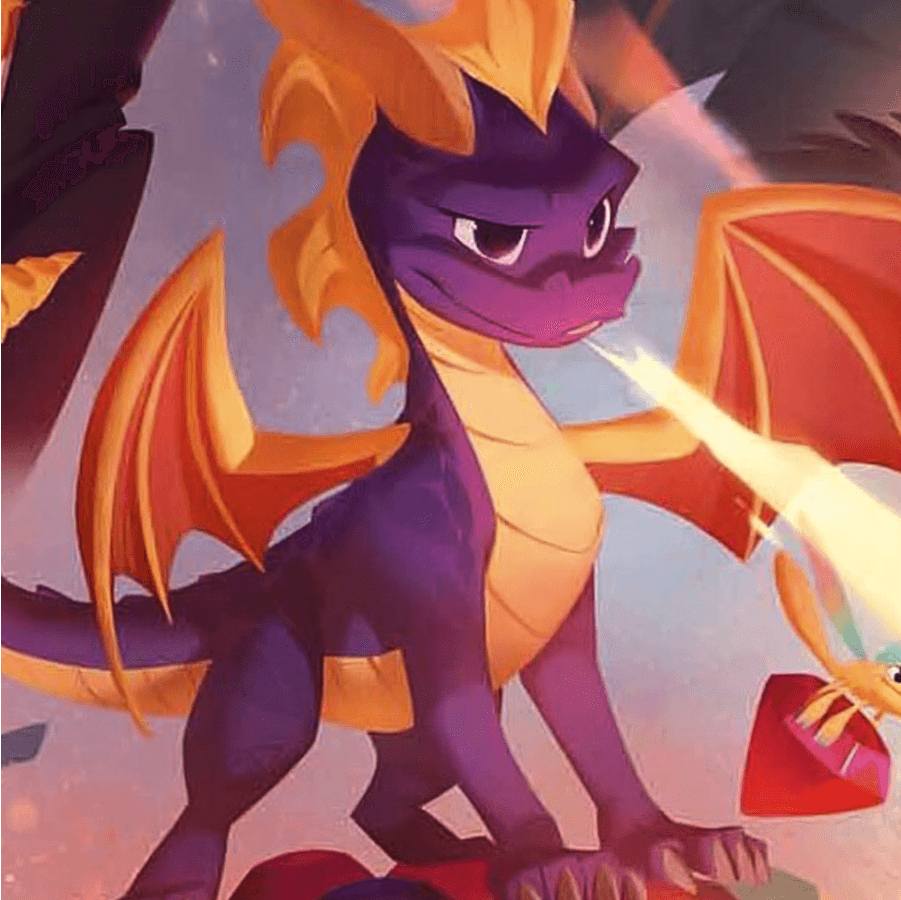
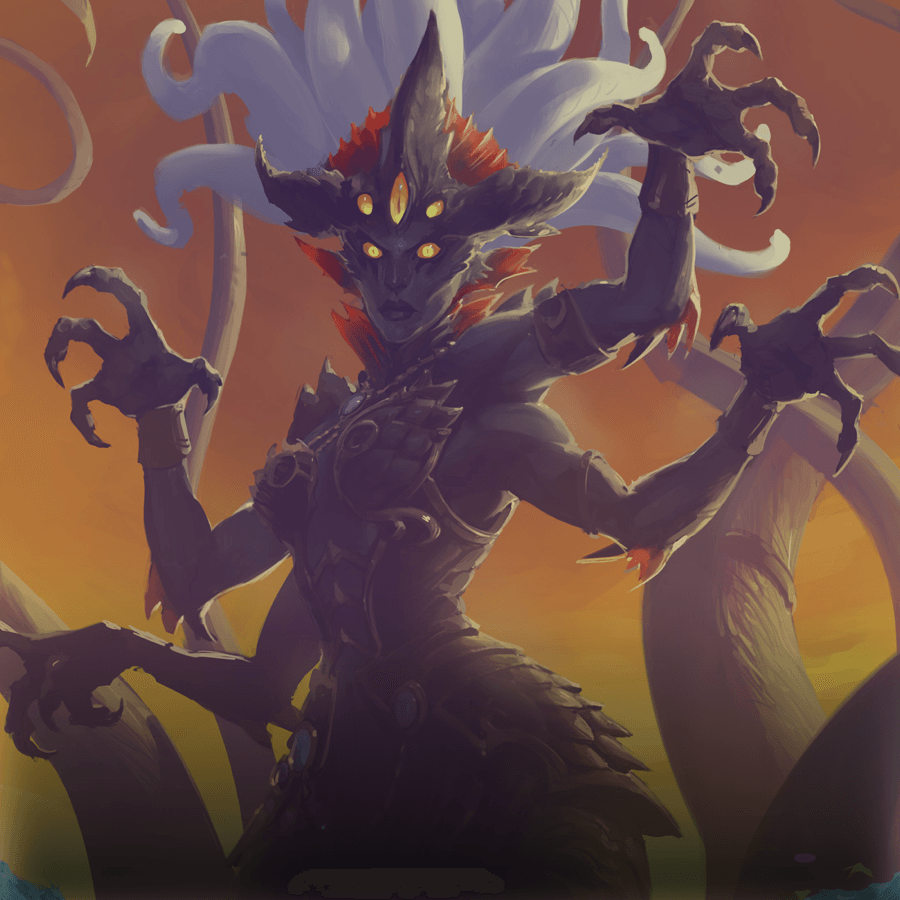
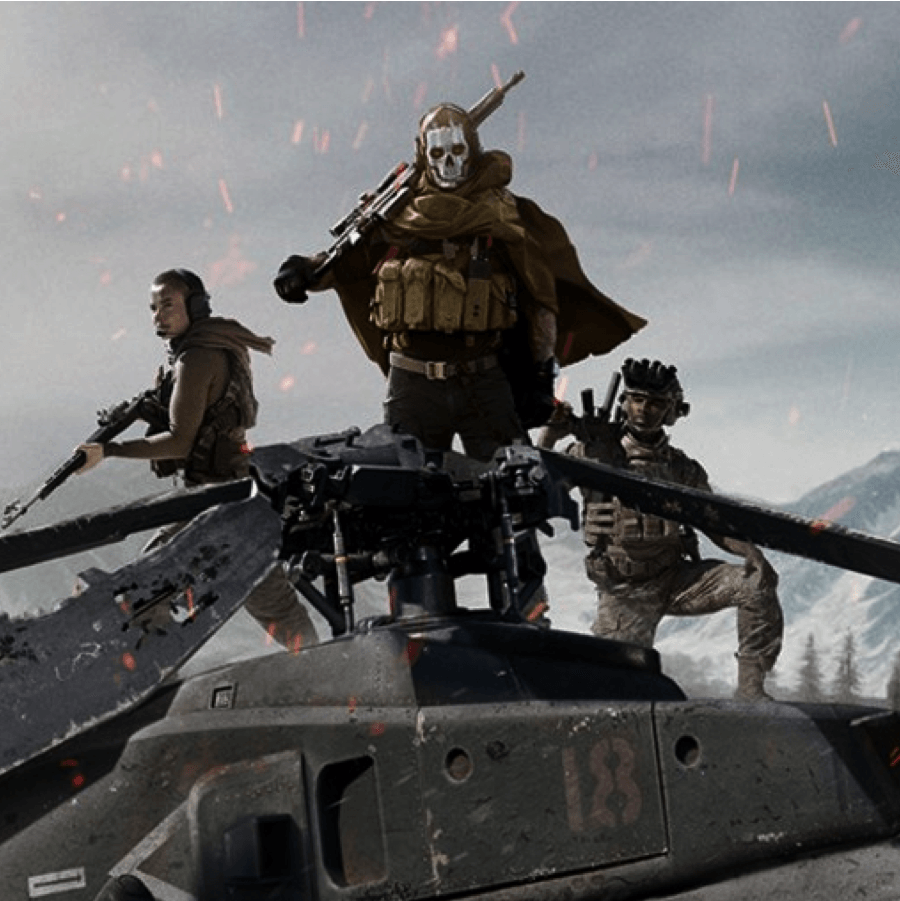
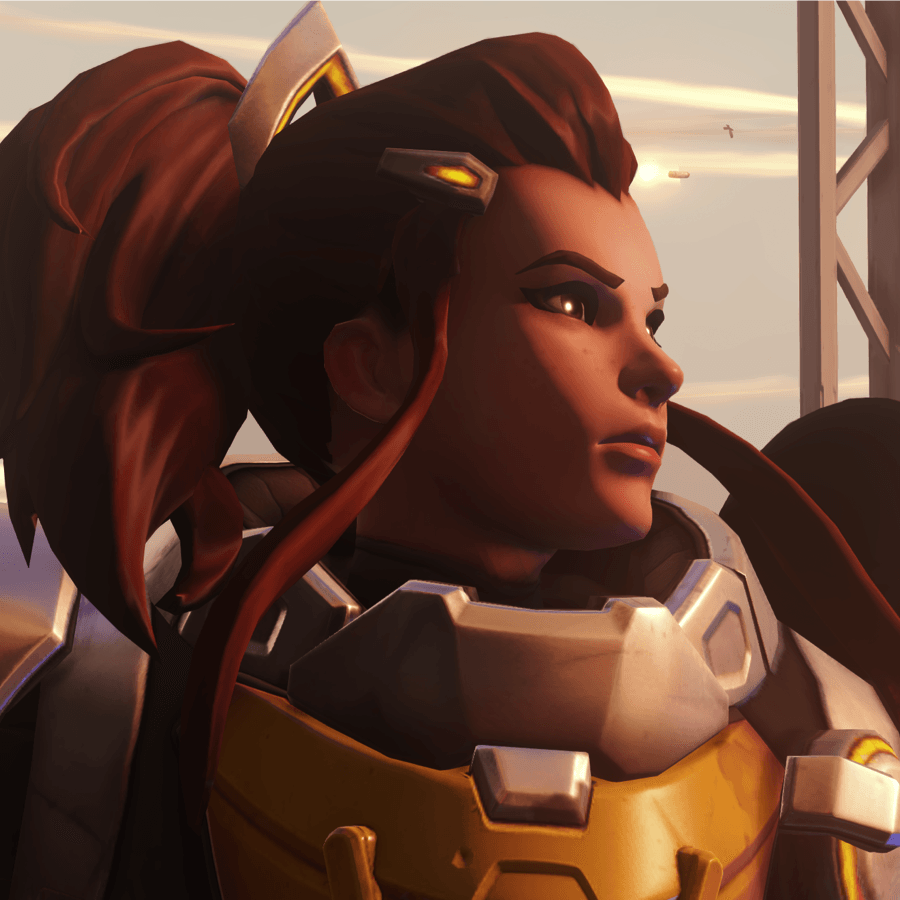
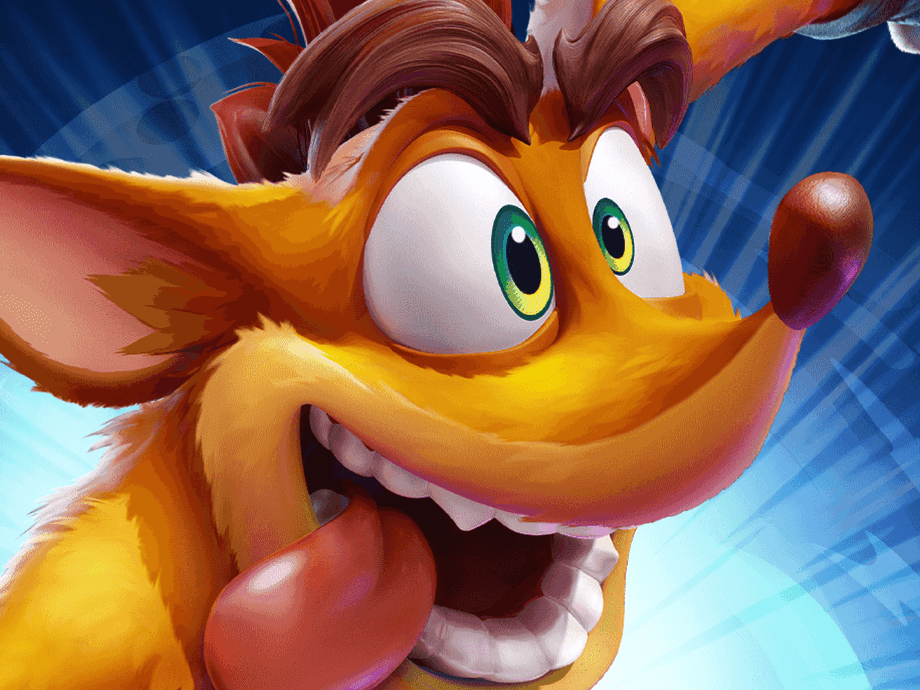

.jpg)

